What is Direct Digital Print on Garments?
Last Updated: 23 July 2025
Direct digital printing—or “direct-to-garment” printing—is a branding process involving applying full colour images on garments using inkjet technology. While other printing techniques, such as screen printing, use stencils and multiple ink layers, DDP uses specialised printers, which create sharp, vibrant designs. How does it work? Just load your design into a computer hooked up to the printer. After the machine reads it, tiny nozzles shoot ink in precise patterns onto the clothing. When printing tee shirts, for example, you lay out the fabric on a tray, and the printer scans over it, adding the ink layer by layer if it’s a complex or colourful design.

Digitally custom printed shirt
Advantanges
Its quick and reliable process sets it apart from other methods, making it ideal for custom garments. At the same time, it allows vibrant full prints and high-definition details, including gradients and photorealistic images, without compromising clarity.
In addition to its high-quality results, DDP is perfect for small-batch orders because it allows small-quantity orders without the additional cost per unit. That’s why businesses often use it for small-scale campaigns or testing out ideas.
Likewise, it’s more eco-friendly than some methods since there’s less waste—no extra screens or chemicals to toss. Plus, tweaking for mistakes is as easy as 1, 2, 3: Make changes on the computer and reprint them in minutes.
Disadvantages of Direct Digital Printing
Alongside its many advantages are its notable cons, with pricey machine and ink costs at the top of our list. When printing on dark fabrics, you would likely need a white underlayer first, which adds more to the production time and budget spent. Second, it’s not as fast as screen printing for large orders—hundreds of identical shirts might still go old-school. And durability? The prints hold up decently, but they fade a bit faster than screen-printed garments if you’re washing them a lot.
How is Direct Digital Printing Used
You can see digital printing on garments everywhere. For branding, it’s a quick way to put logos or slogans on shirts, jackets, or hats. Since it’s suitable for small batches, companies love it for event apparel or team gear. For events, it’s a winner. Think t-shirts or hoodies with festival logos or charity-run designs. Attendees grab high-quality stuff to keep, especially as memorabilia. In retail, fashion brands lean on it, too. It’s perfect for small collections or one-offs. Let your creativity run wild when you print graphic tees or customise a whole boutique collection.
Examples of Direct Digital Print
You will see examples of direct digital print on garments on a daily basis. In fact likely you will own some garments yourself. Here are the main products you will likely see digital print on:
- Promotional T-shirts
- Caps
- Custom Printed Hoodies
- Jackets
Digital vs Screen vs Transfer Printing Side-by-Side Visual Comparison
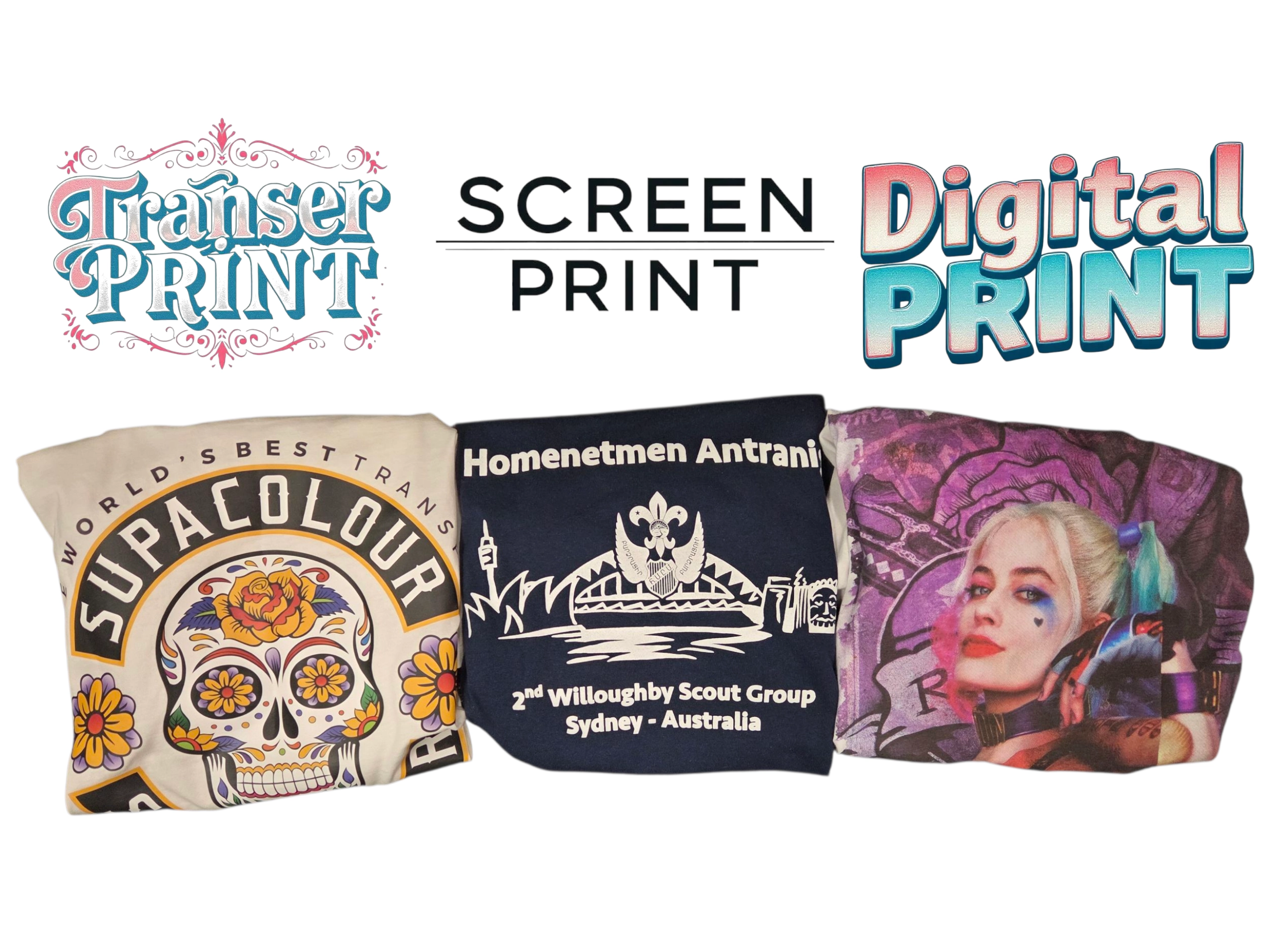
The Future of Custom Apparel
As technology gets better, the cost of digital printing will come down dramatically. It has its quirks—like fabric limits or wash wear—but the good outweighs the bad when you’re after quality printing. DDP will be our suggestion if you want personal flair on your gear. With this tech, your ideas can jump off the fabric.






 Sale
Sale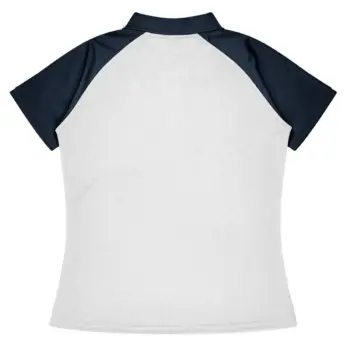
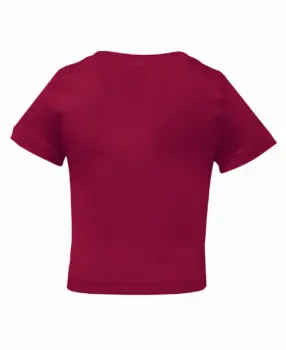
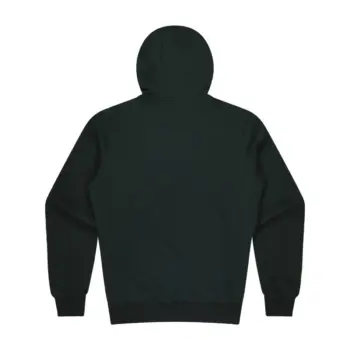
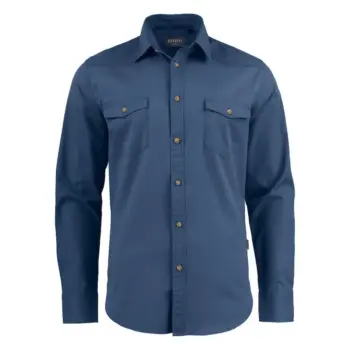
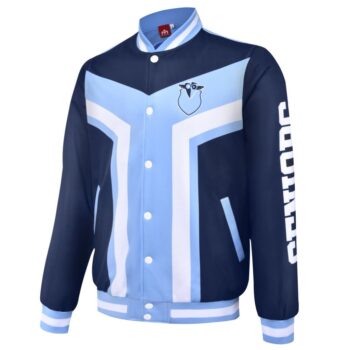
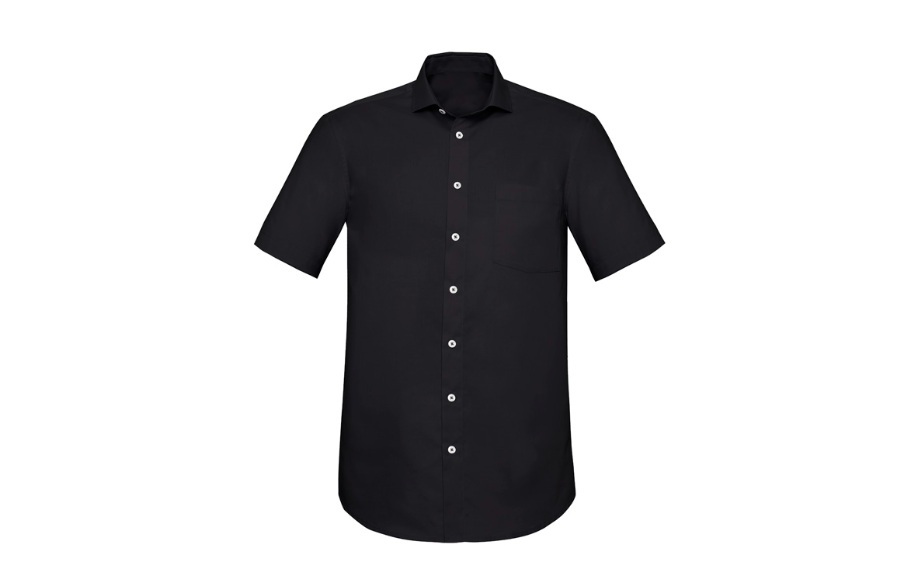 Corporate Uniforms
Corporate Uniforms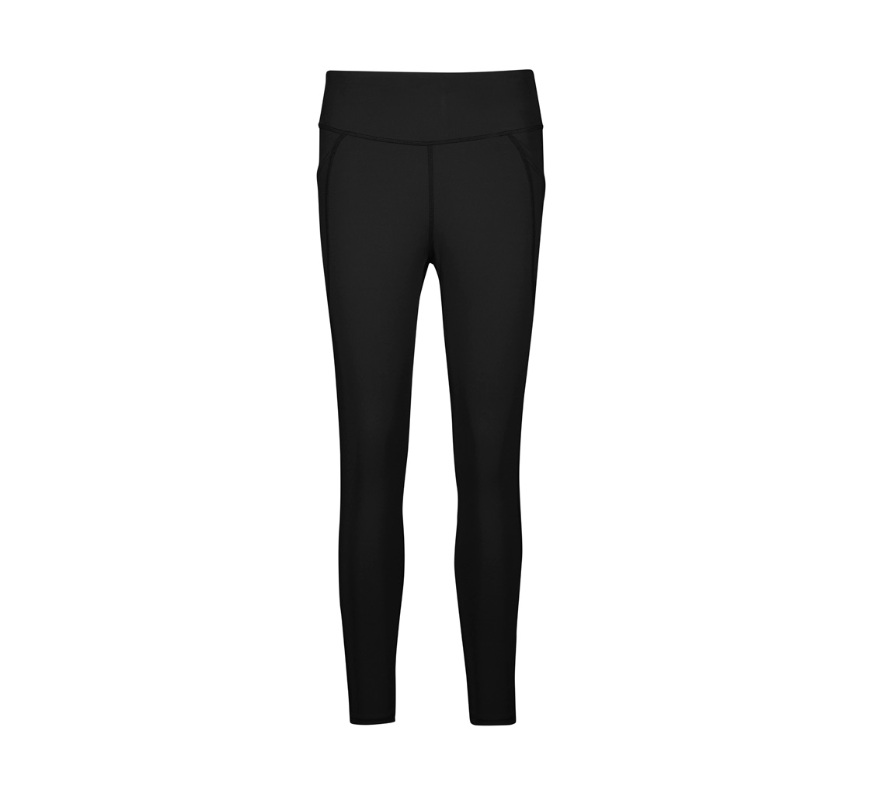 Eco Apparel
Eco Apparel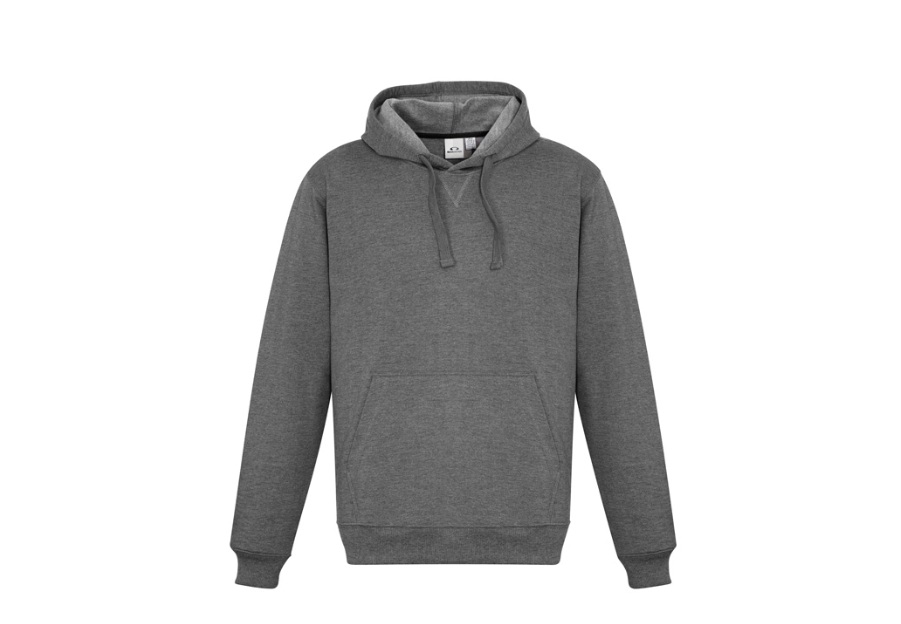 Hoodies & Sweaters
Hoodies & Sweaters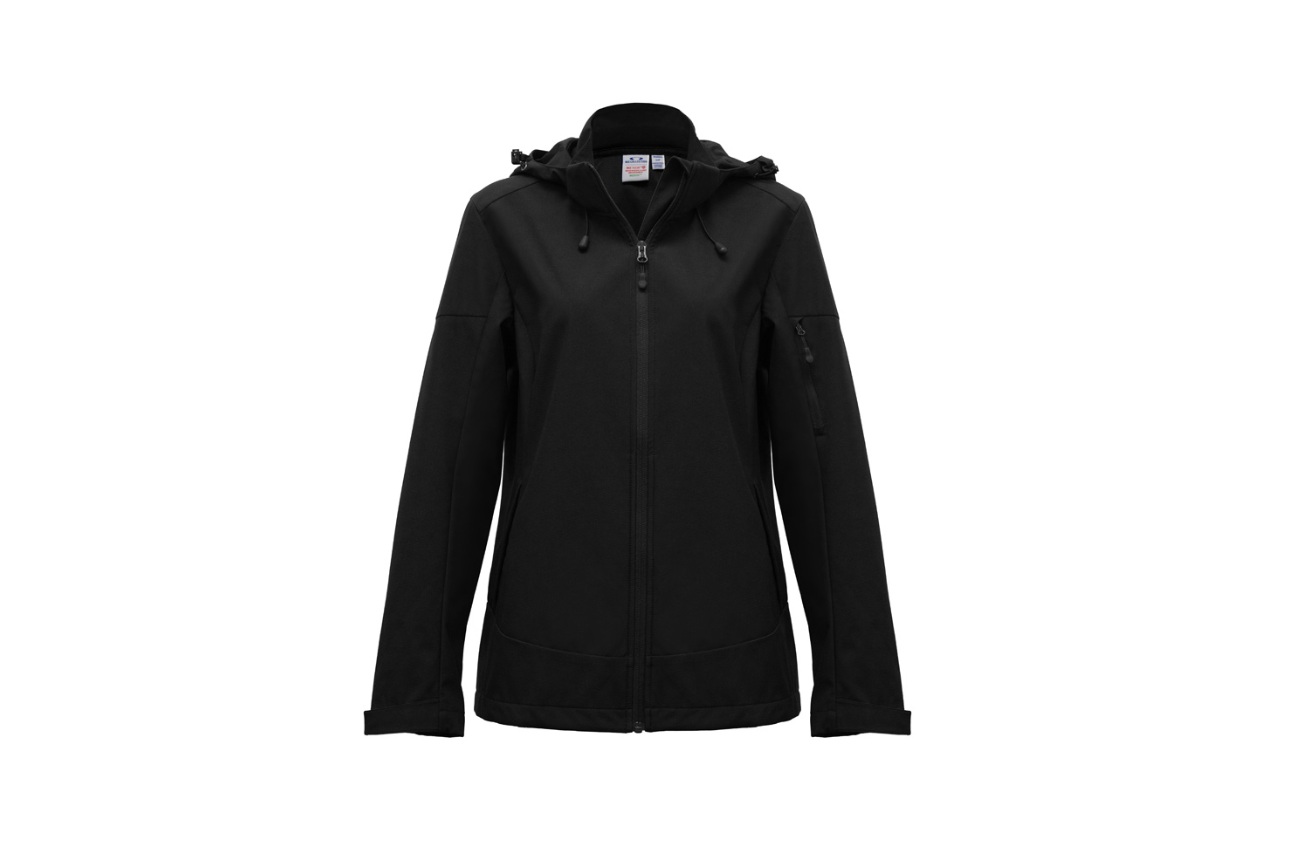 Jackets
Jackets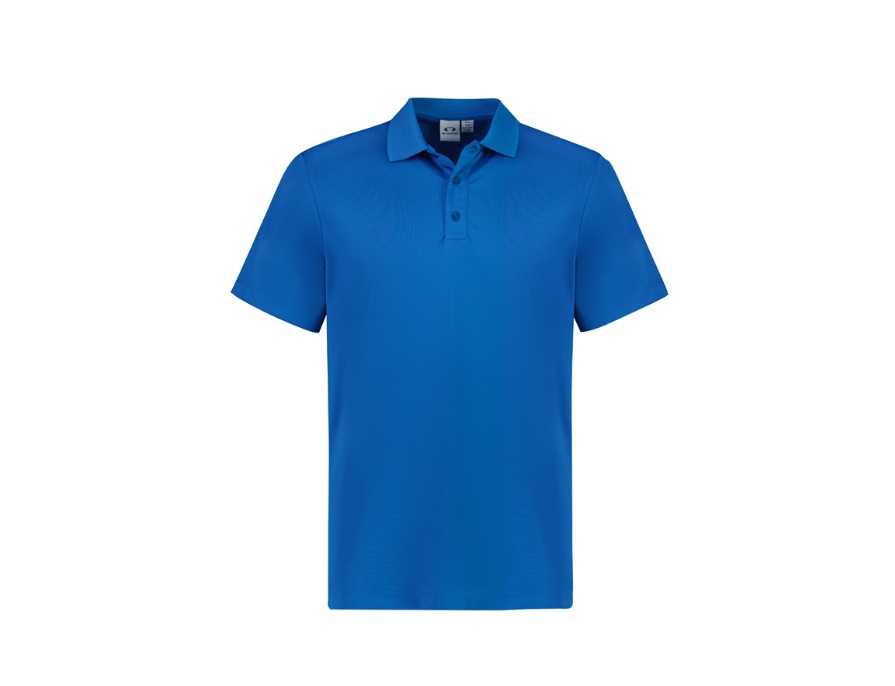 Kids' Clothes
Kids' Clothes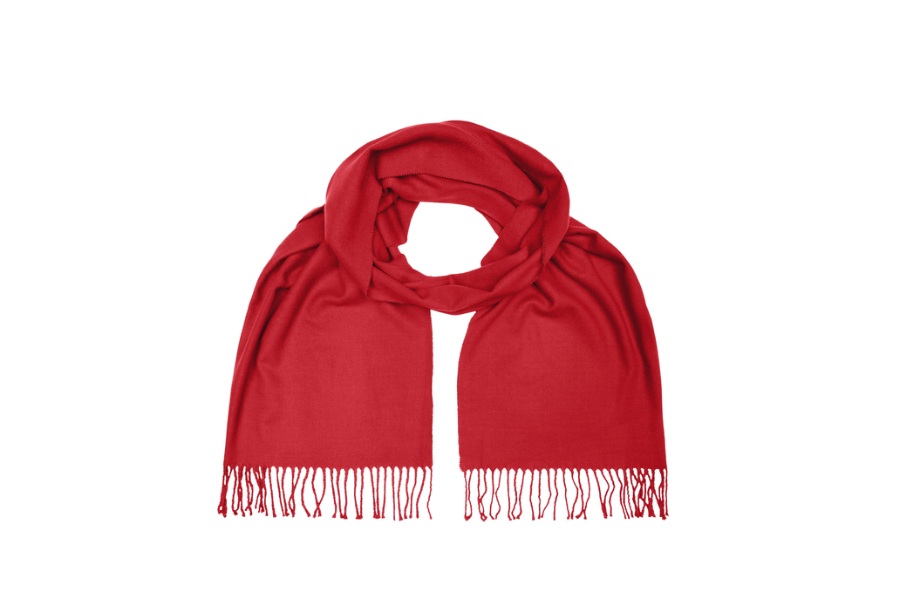 Other Apparel
Other Apparel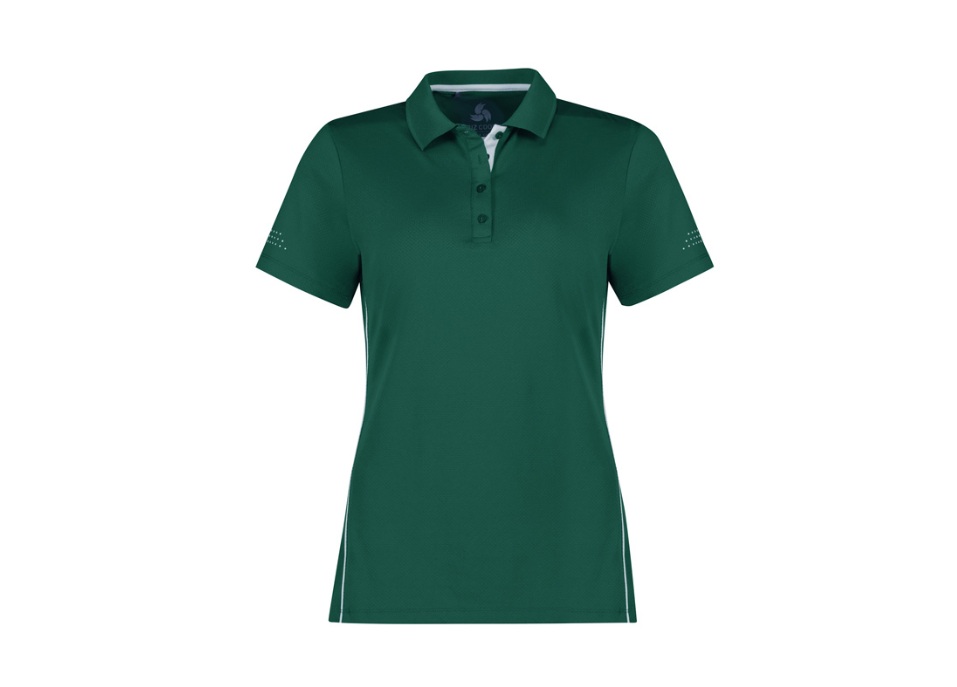 Polo Shirts
Polo Shirts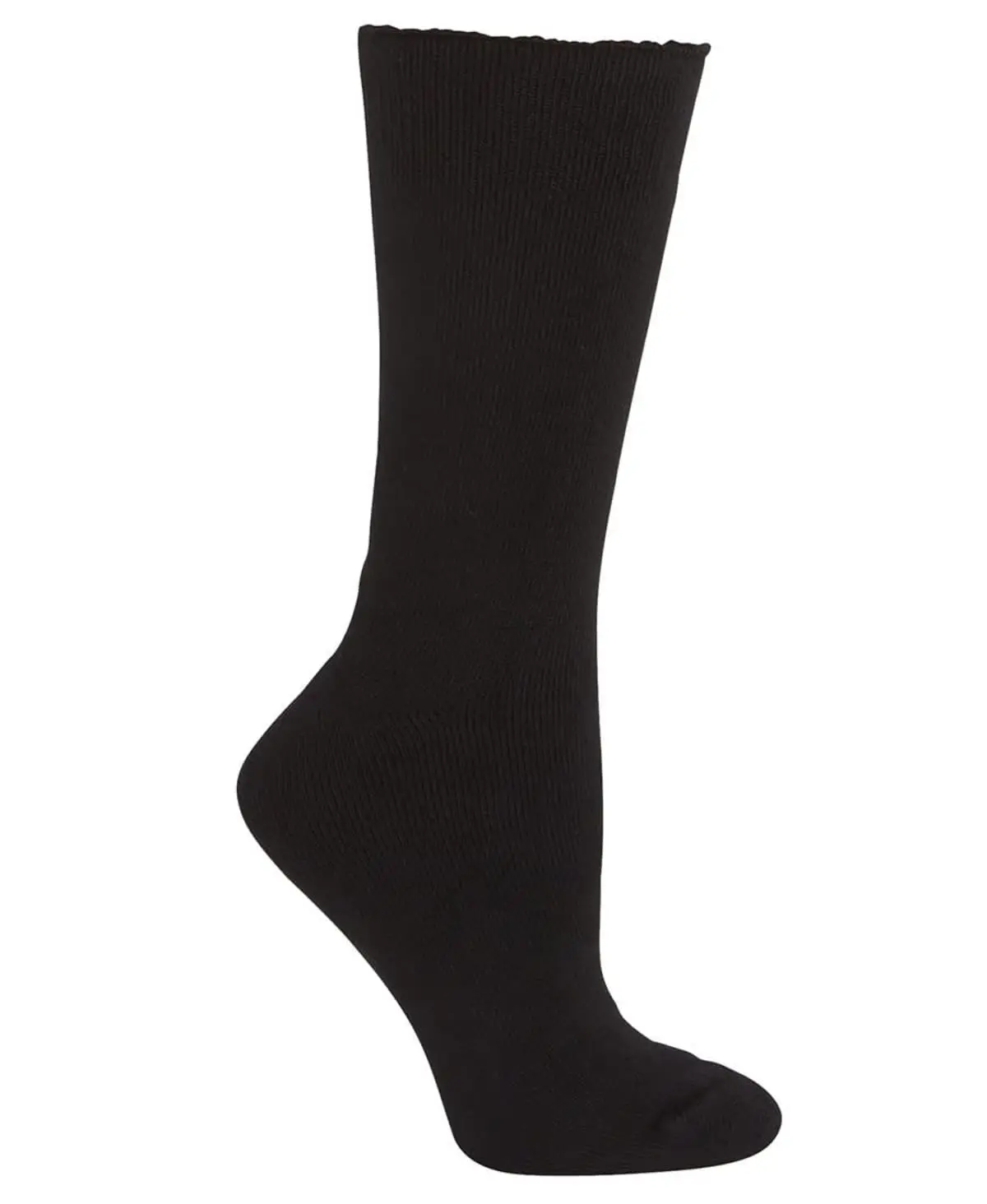 Socks
Socks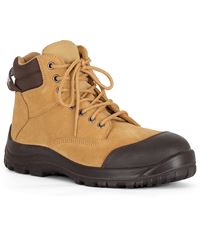 Shoes
Shoes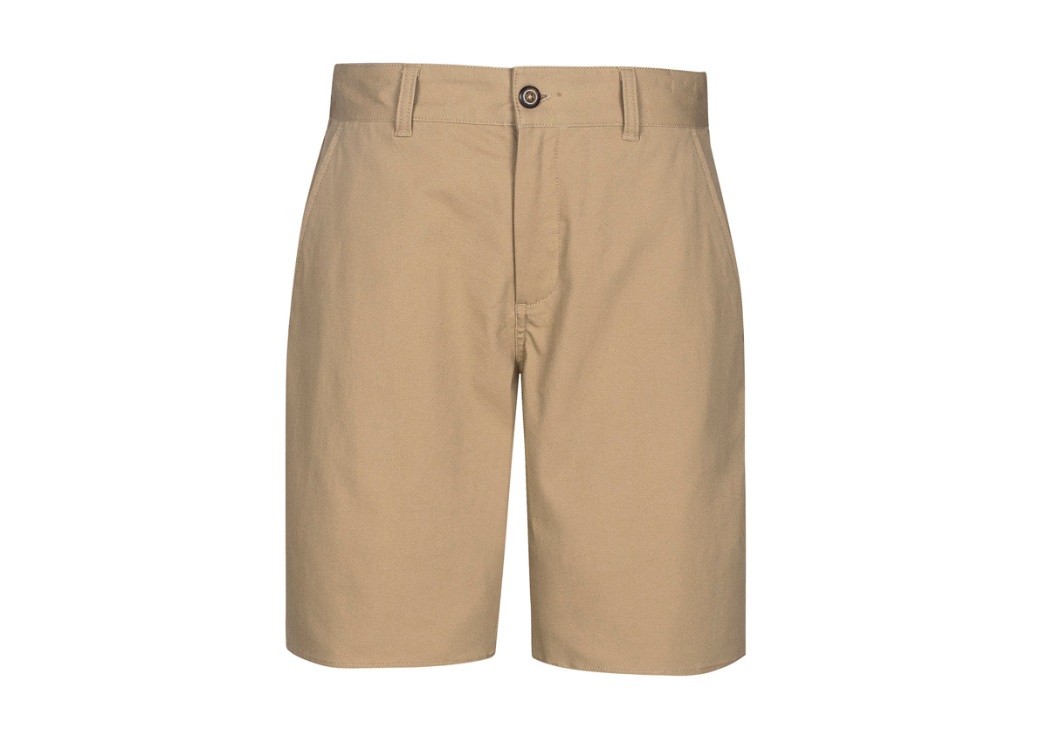 Sports Bottoms
Sports Bottoms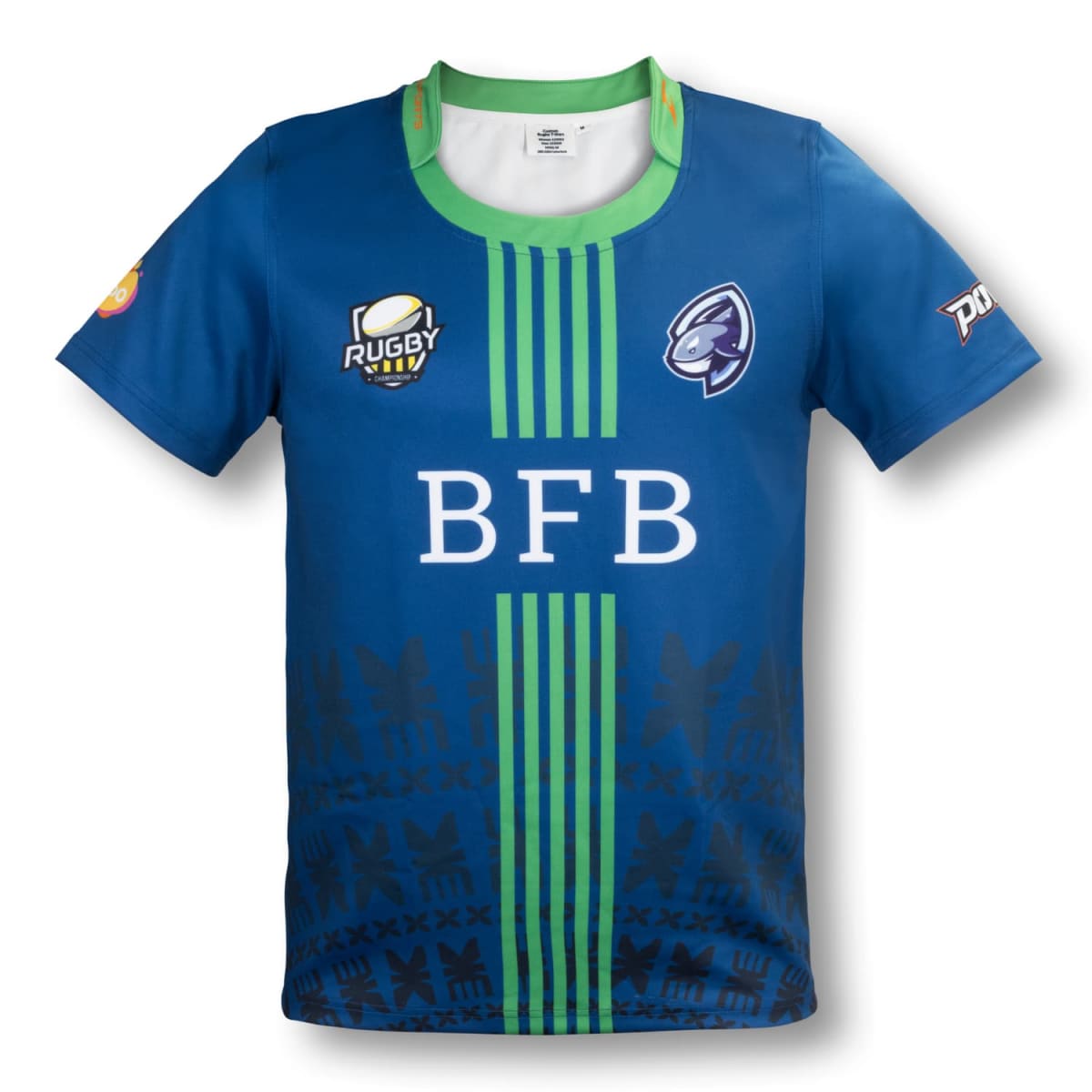 Sports Uniforms
Sports Uniforms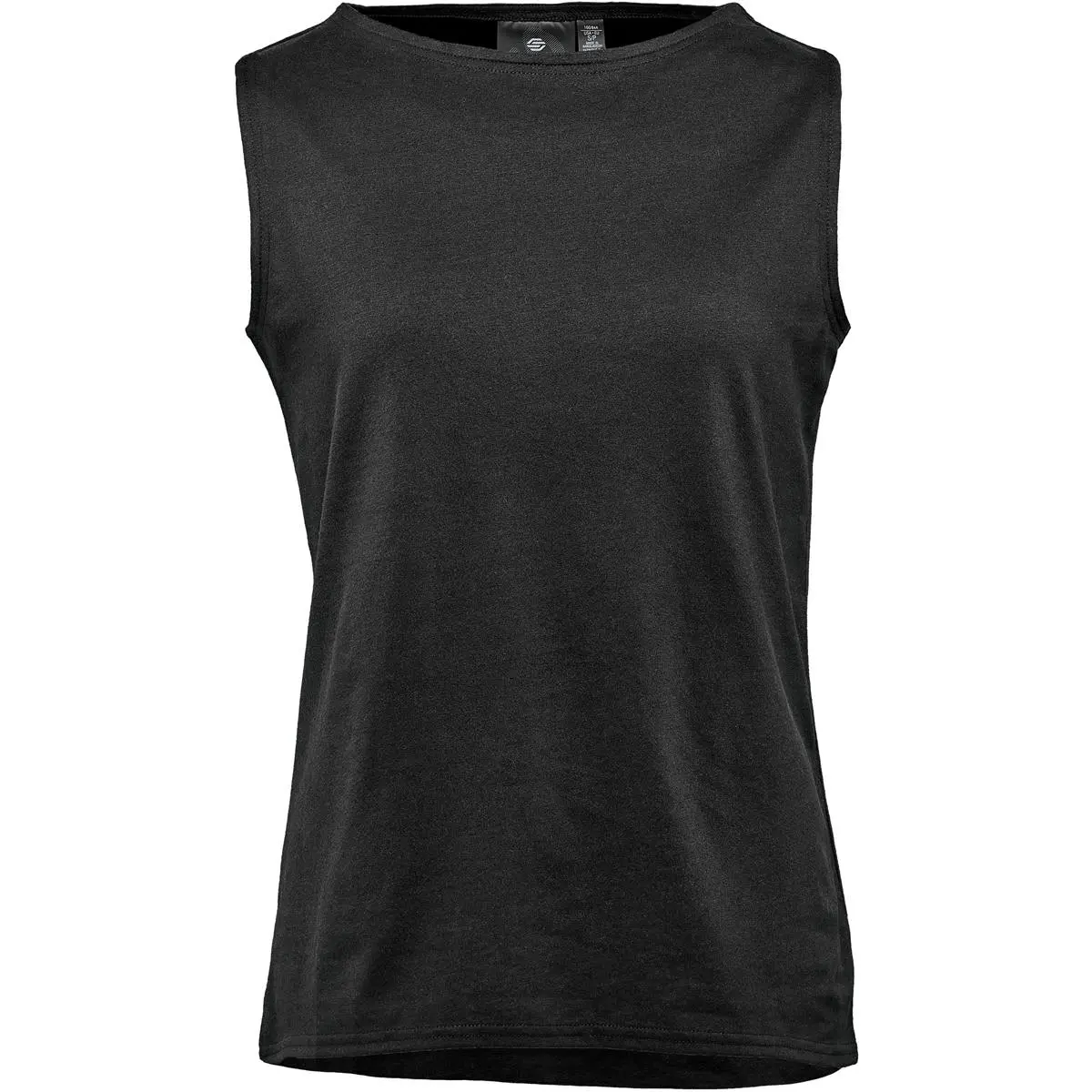 Singlets
Singlets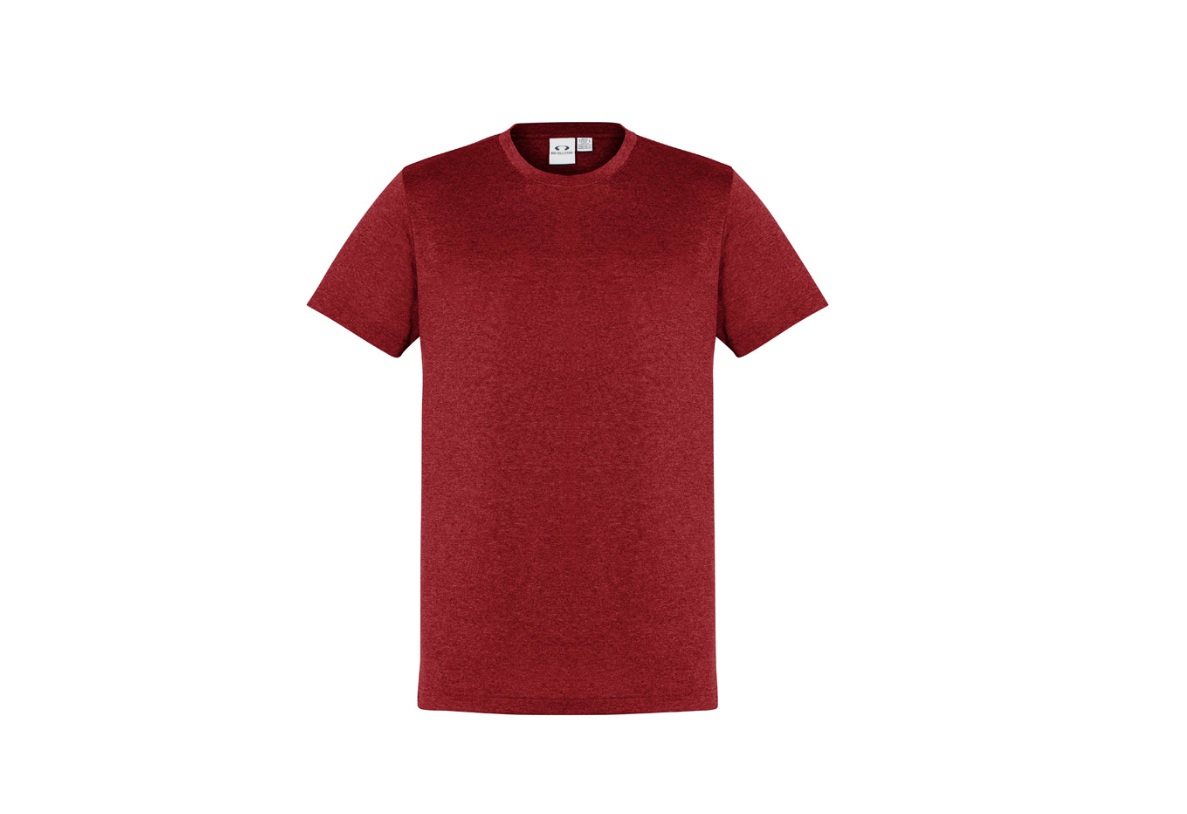 Tee Shirts
Tee Shirts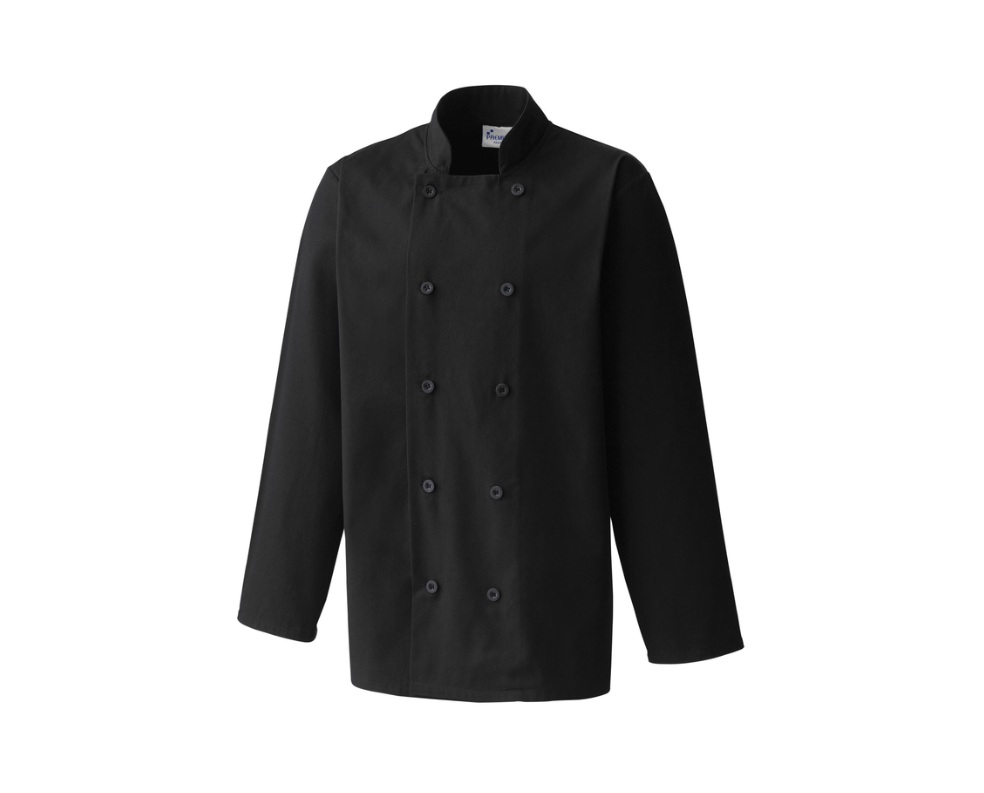 Workwear
Workwear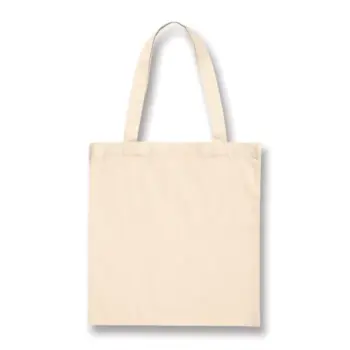
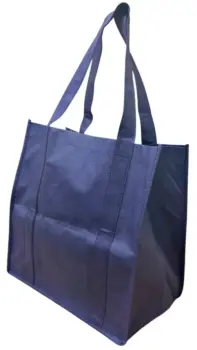
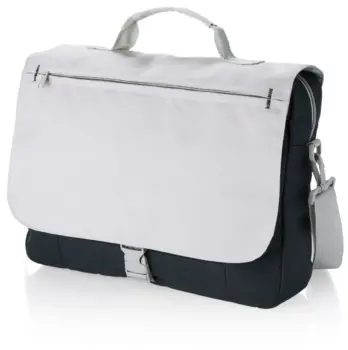
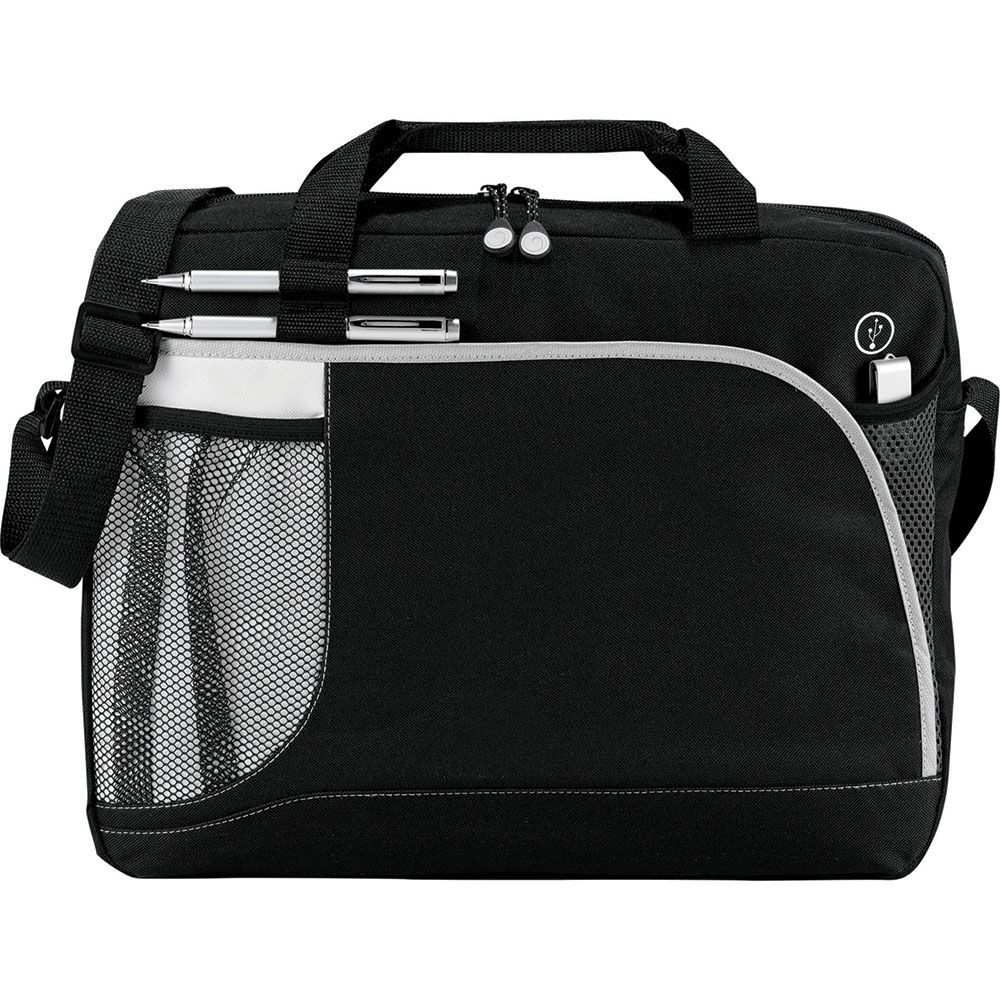 Briefcases
Briefcases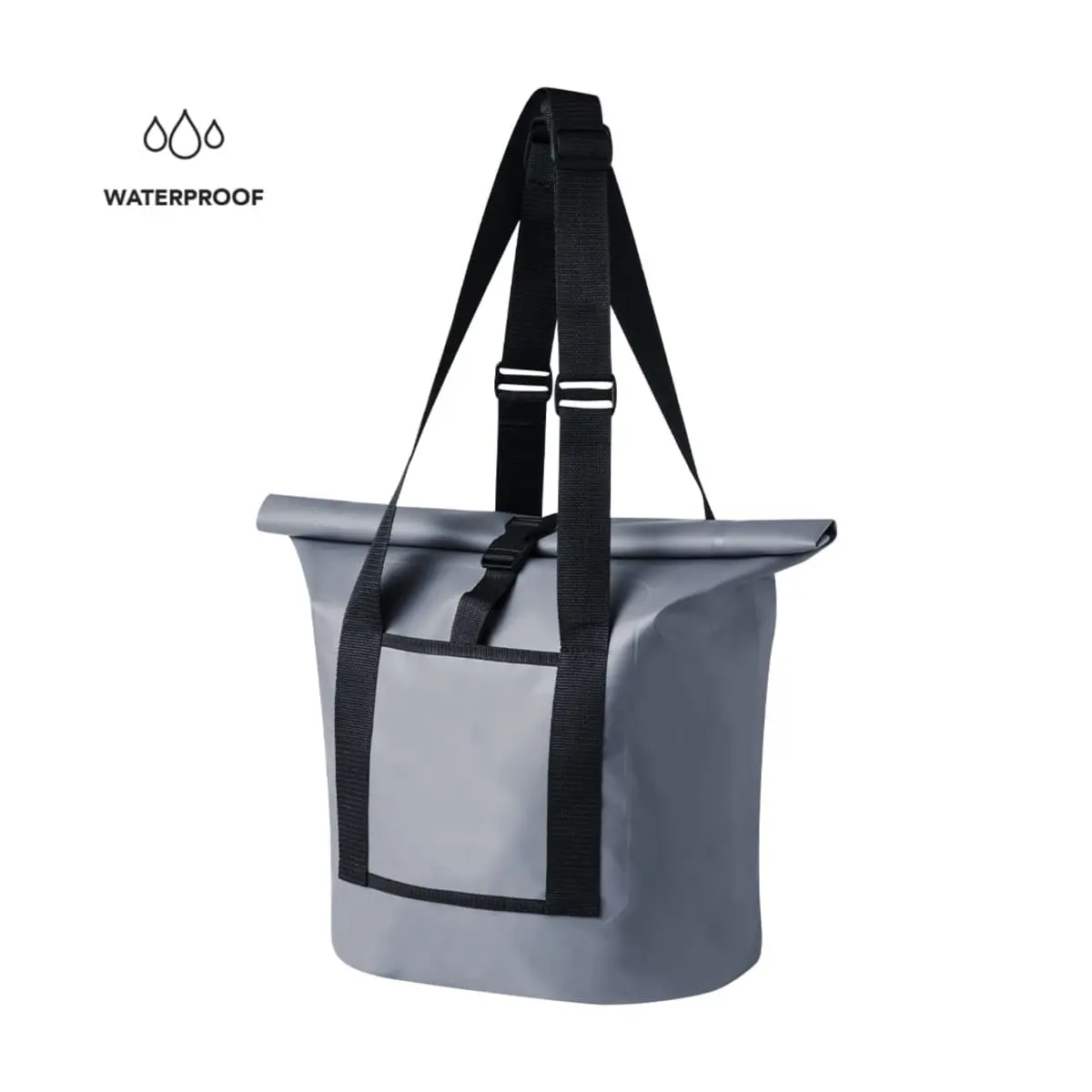 Dry Bags
Dry Bags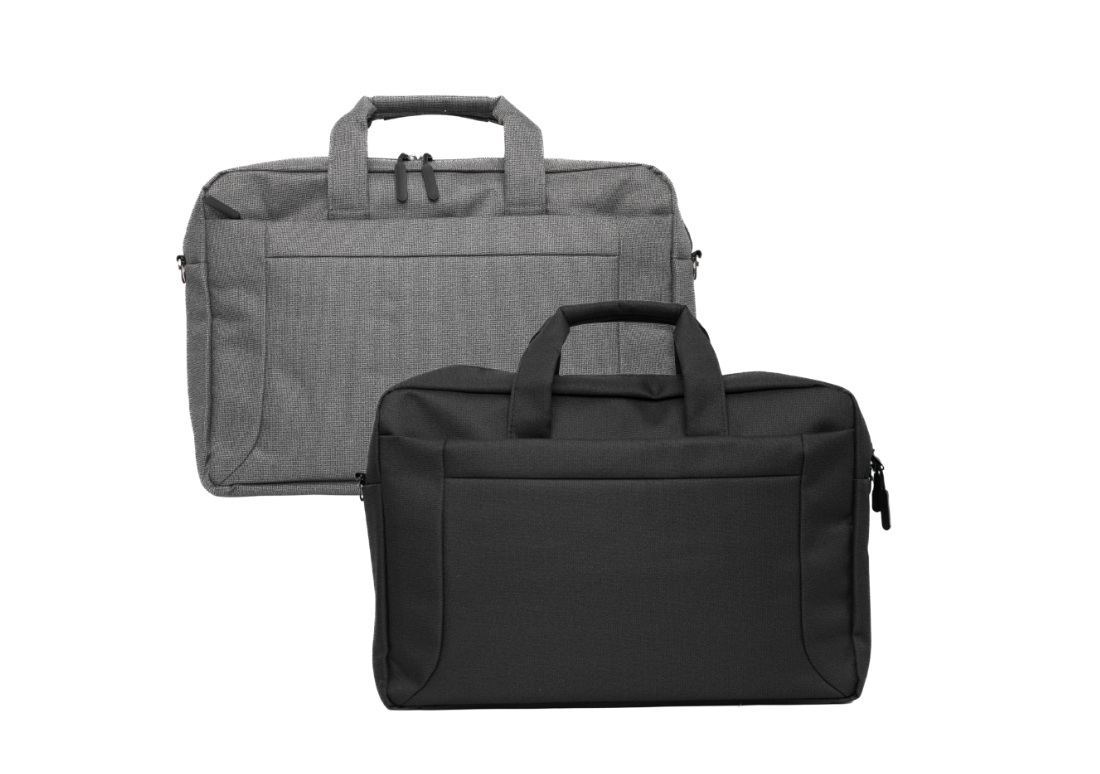 Laptop
Laptop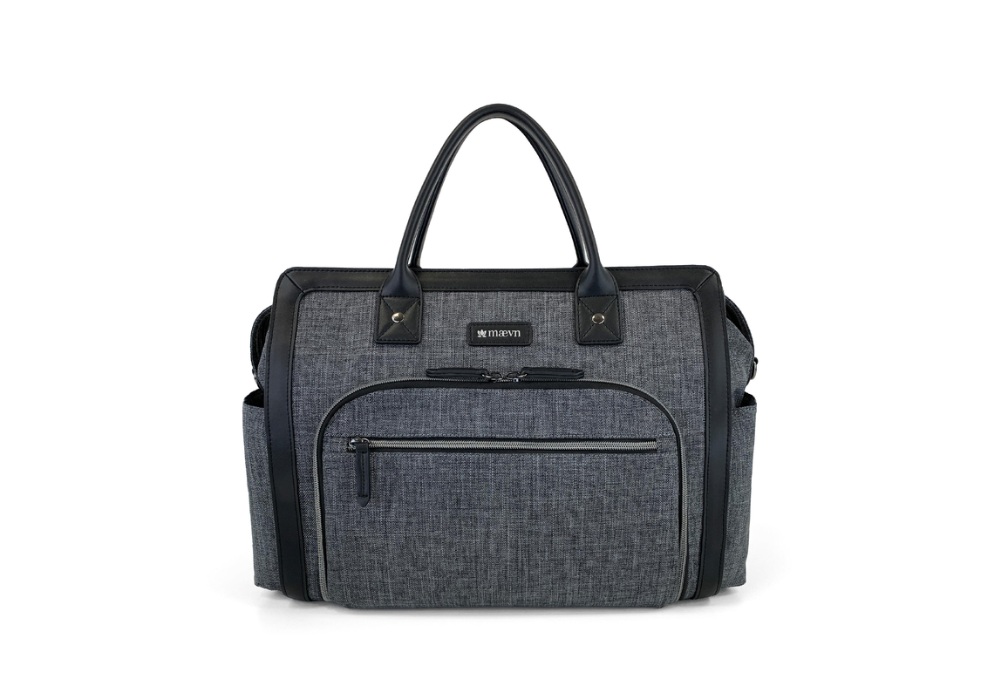 Satchels
Satchels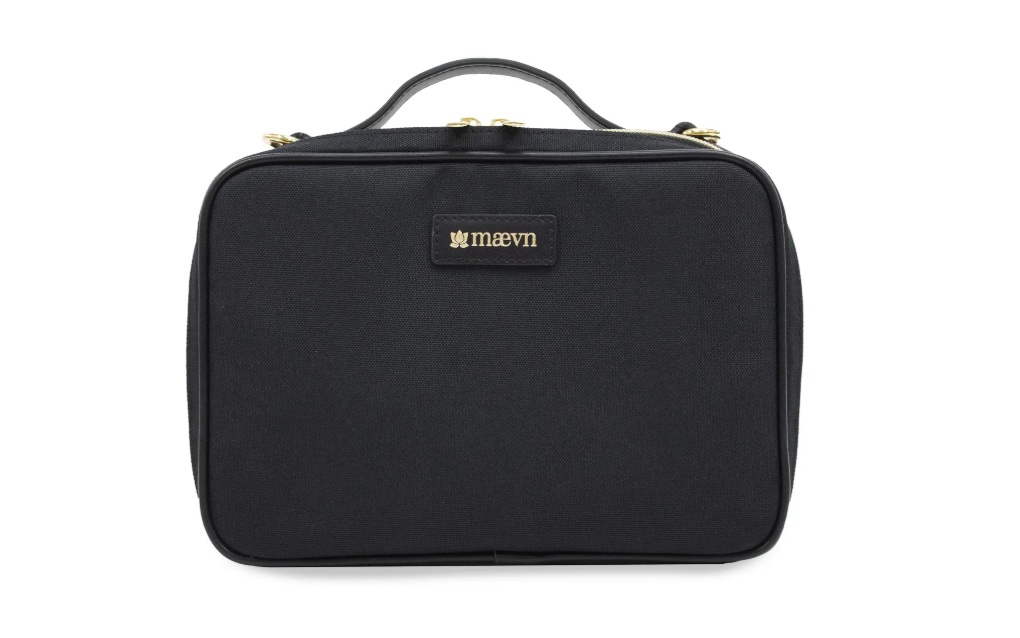 Specialised Bags
Specialised Bags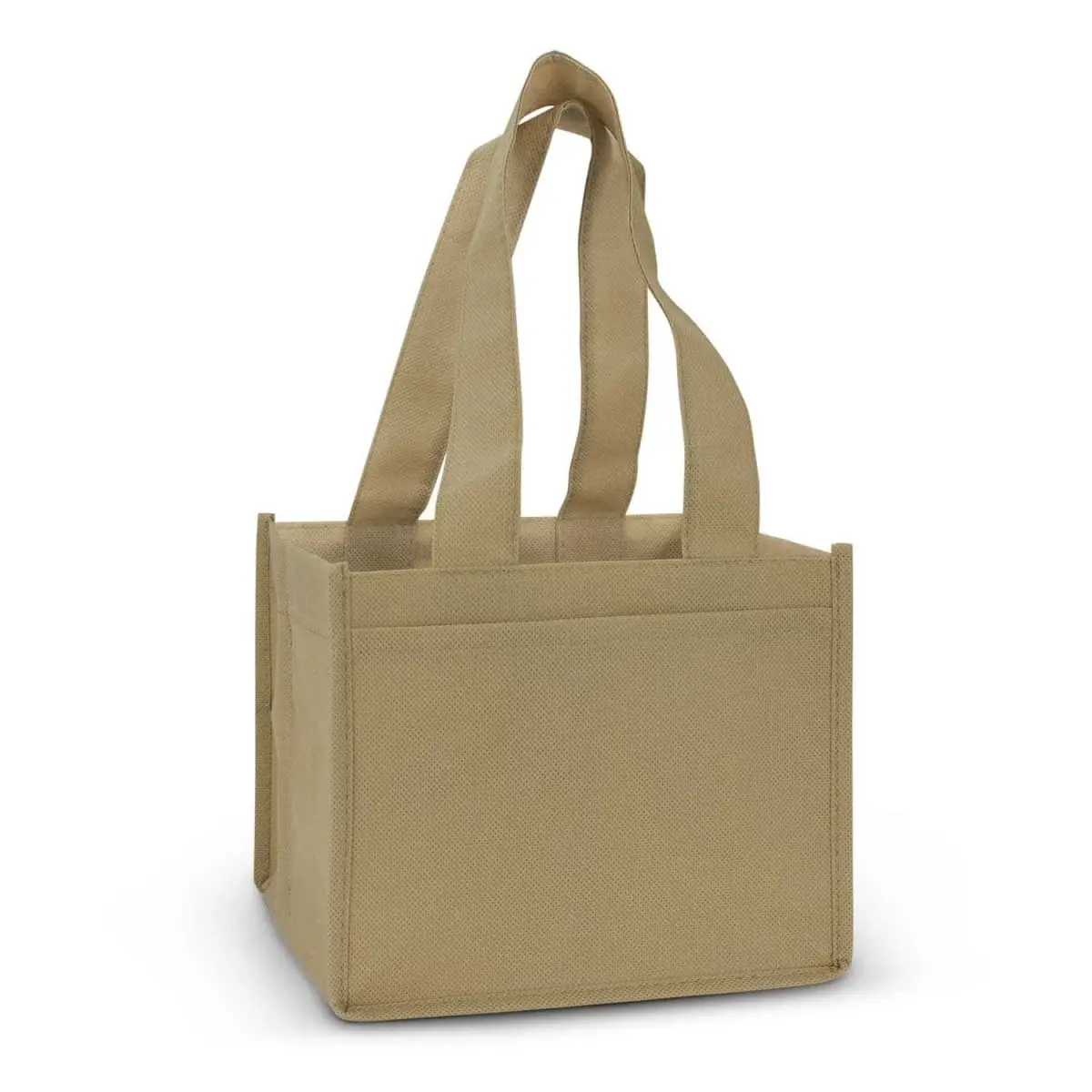 Tote Bags
Tote Bags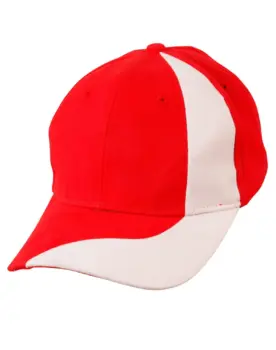
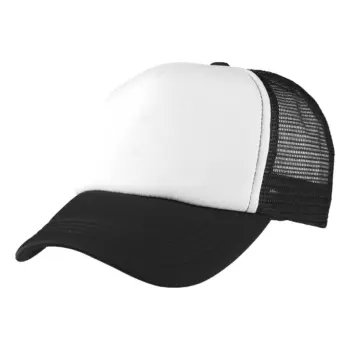
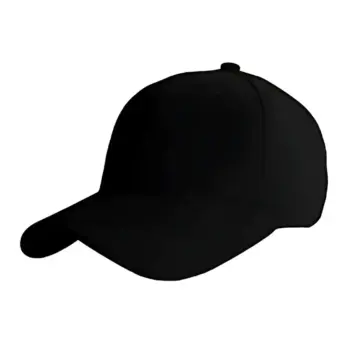
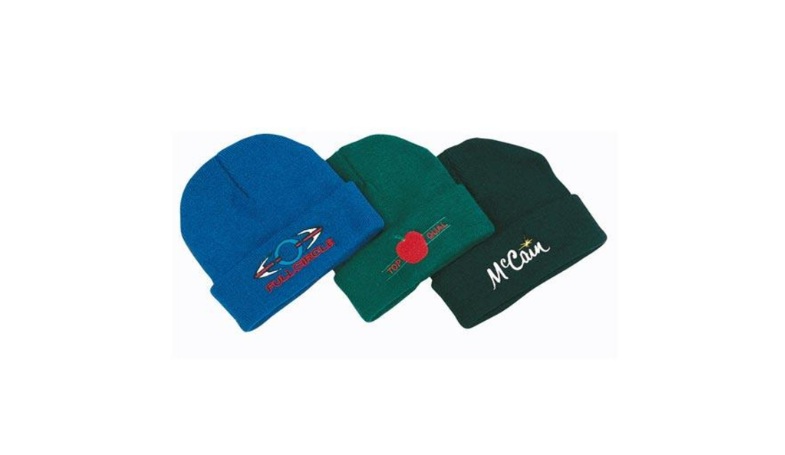 Beanies
Beanies Caps
Caps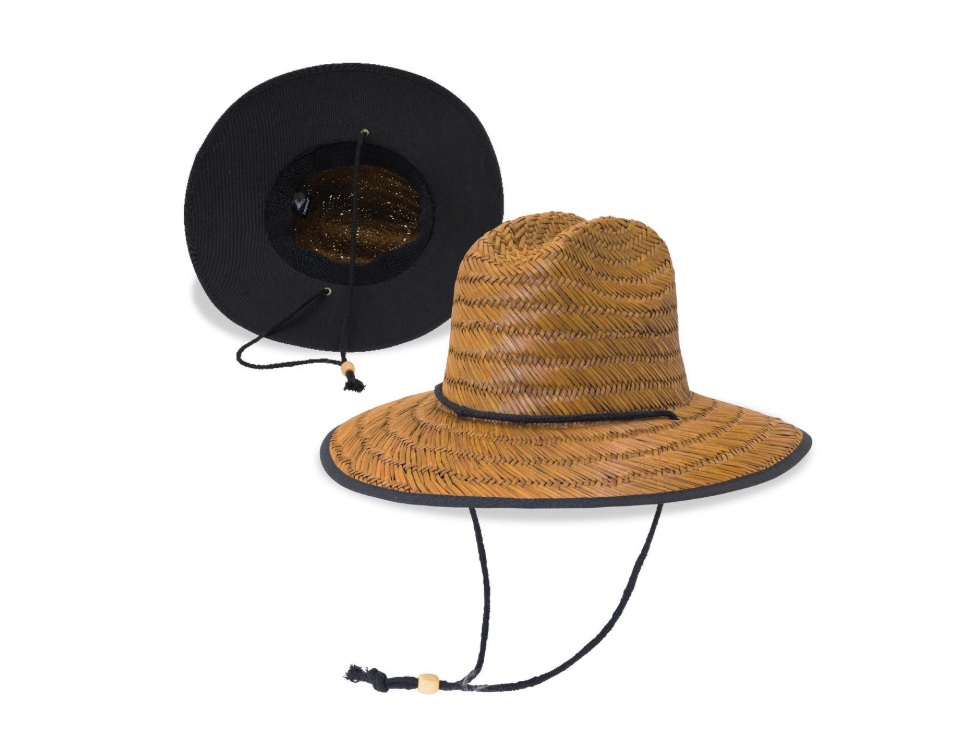 Straw Hats
Straw Hats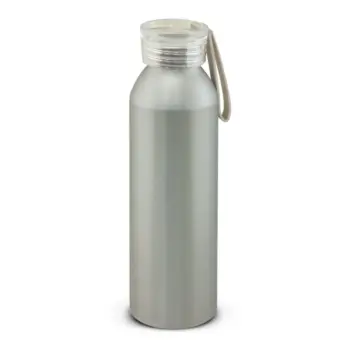
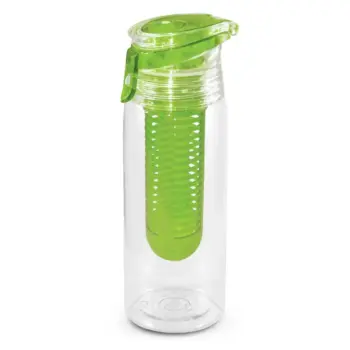
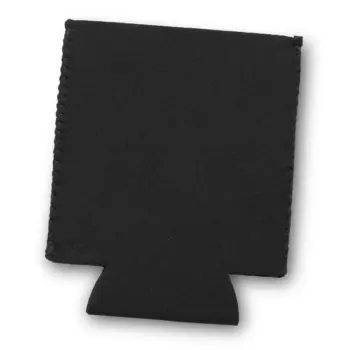
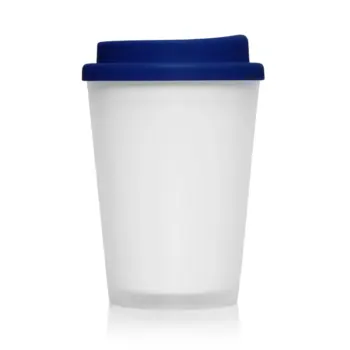
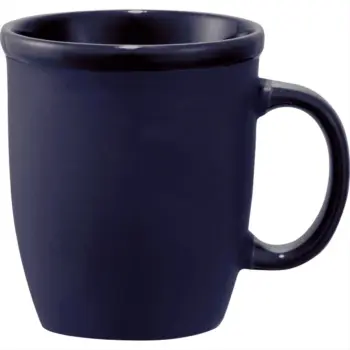
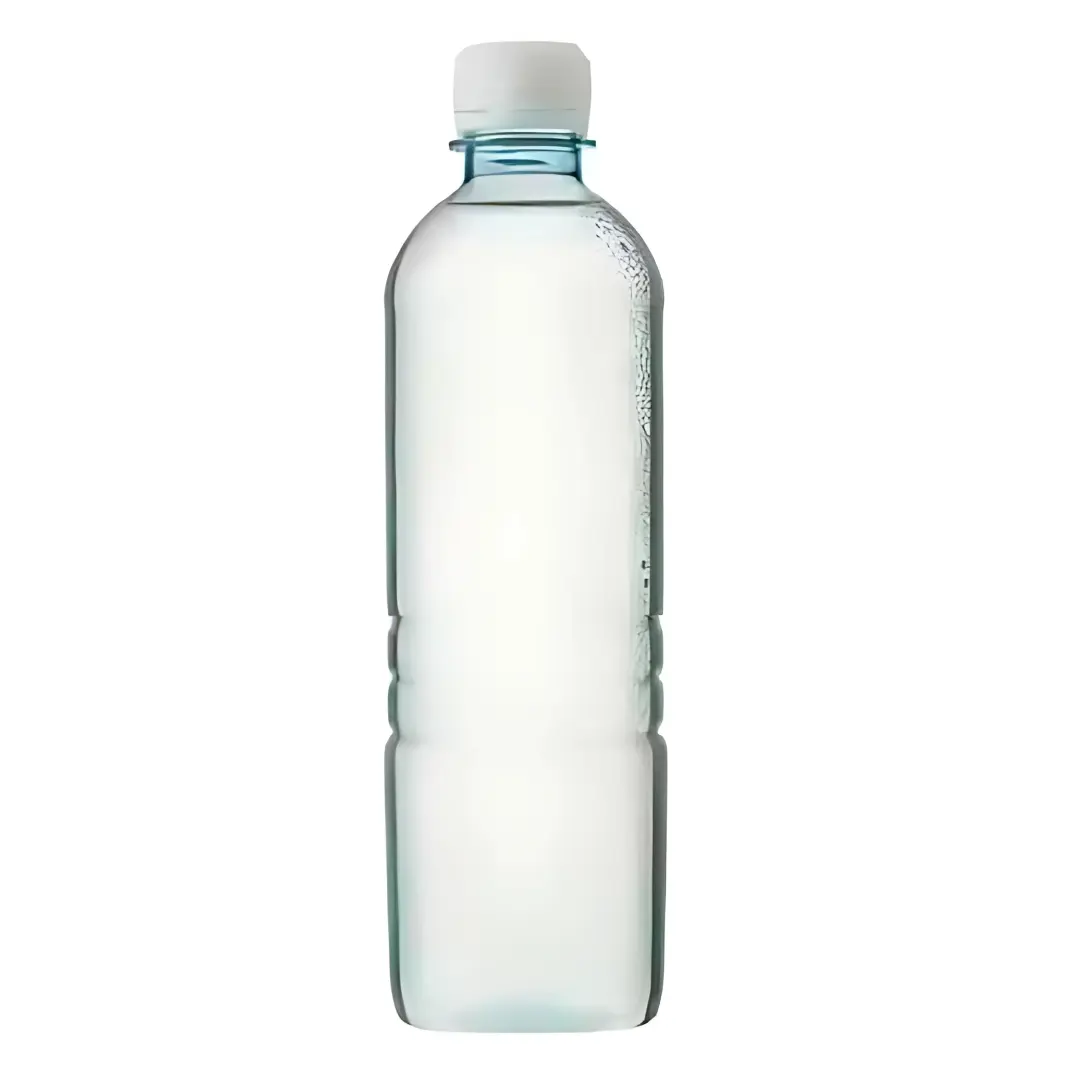 Bottled Water
Bottled Water Drinkware Gift Sets
Drinkware Gift Sets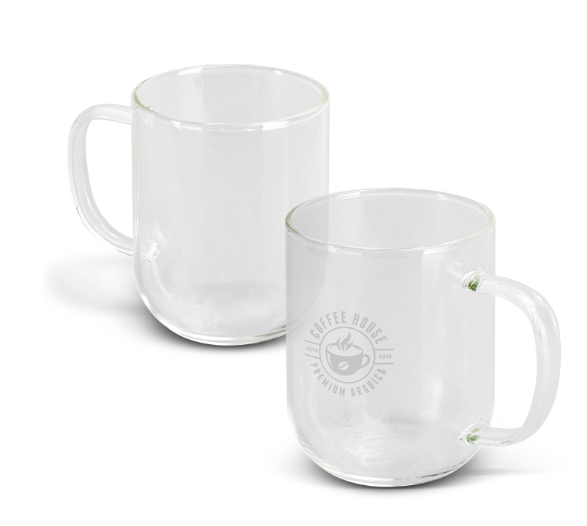 Glass & Poly Cups
Glass & Poly Cups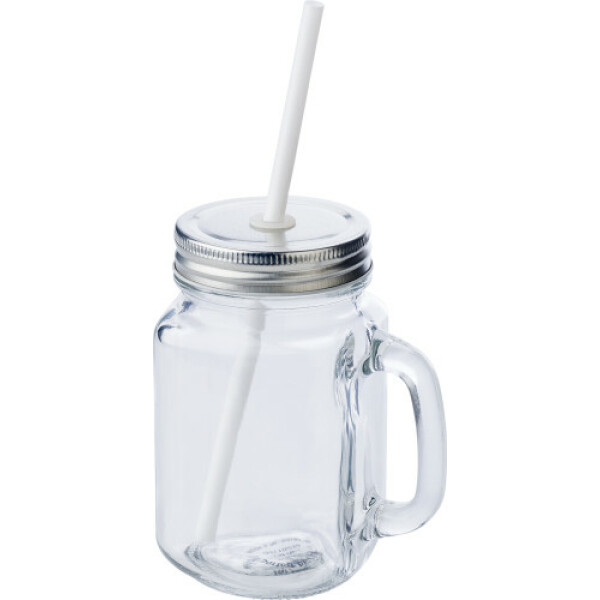 Mason Jars
Mason Jars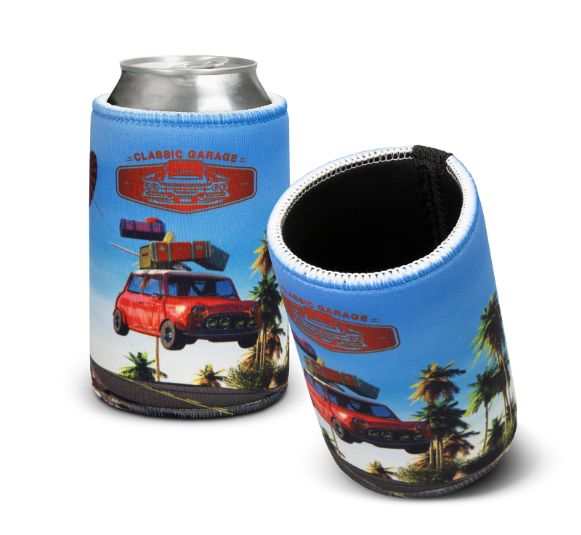 Stubby | Bar & Drinkware
Stubby | Bar & Drinkware Wines
Wines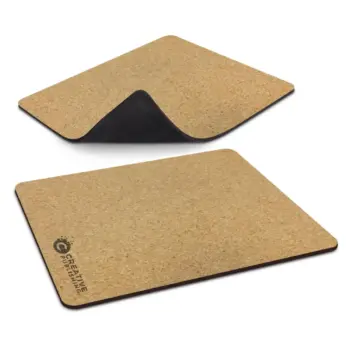


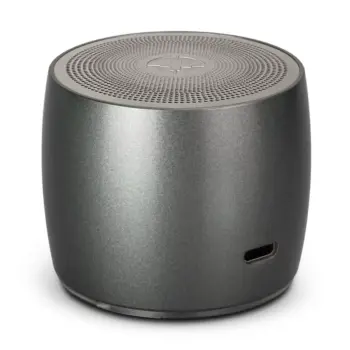
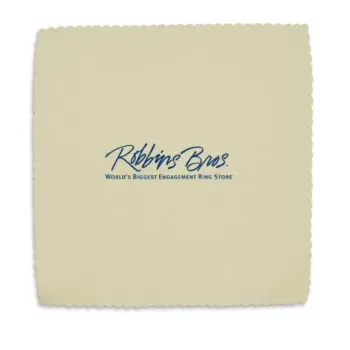
 Business Card Holders
Business Card Holders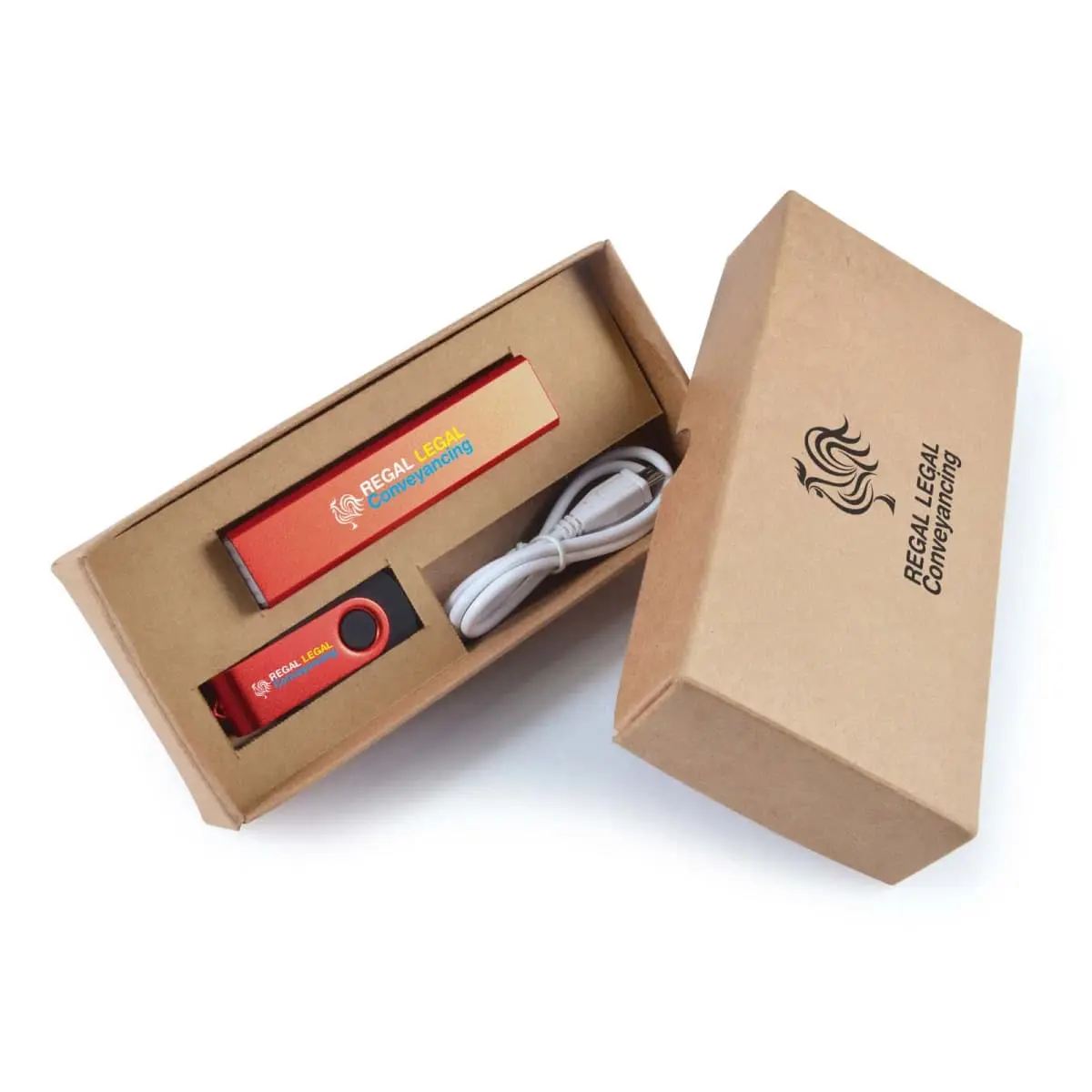 IT Gift Sets
IT Gift Sets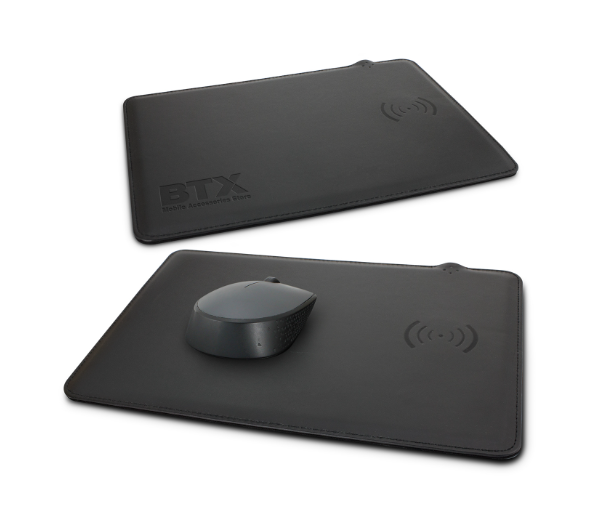 Tech Computers
Tech Computers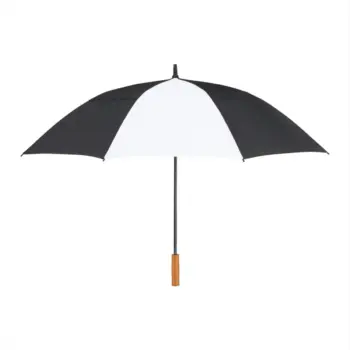
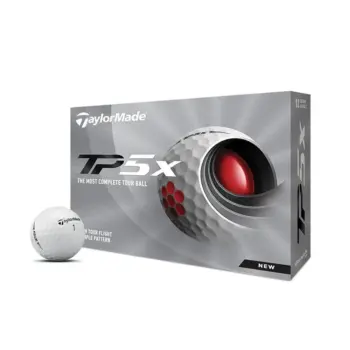


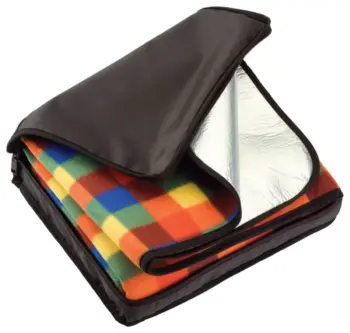
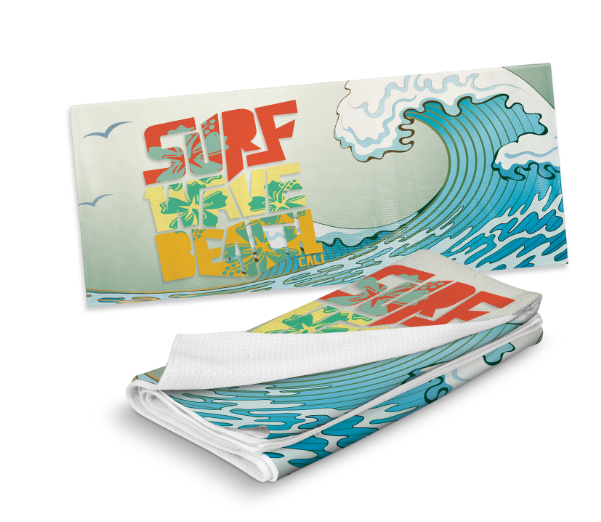 Beach Towels
Beach Towels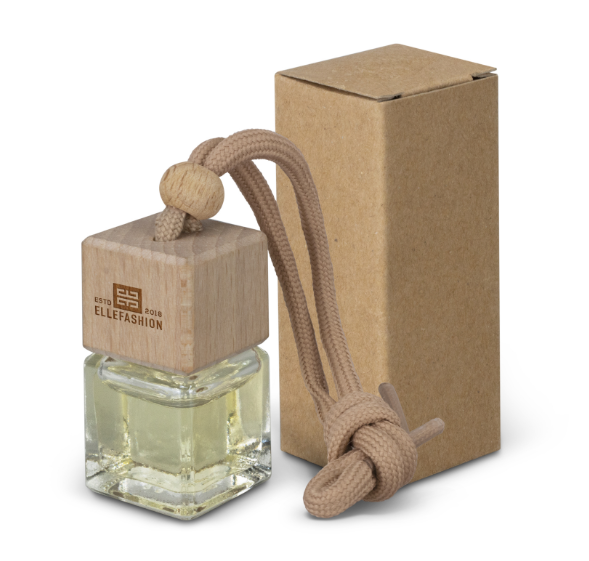 Car Accessories
Car Accessories Golf
Golf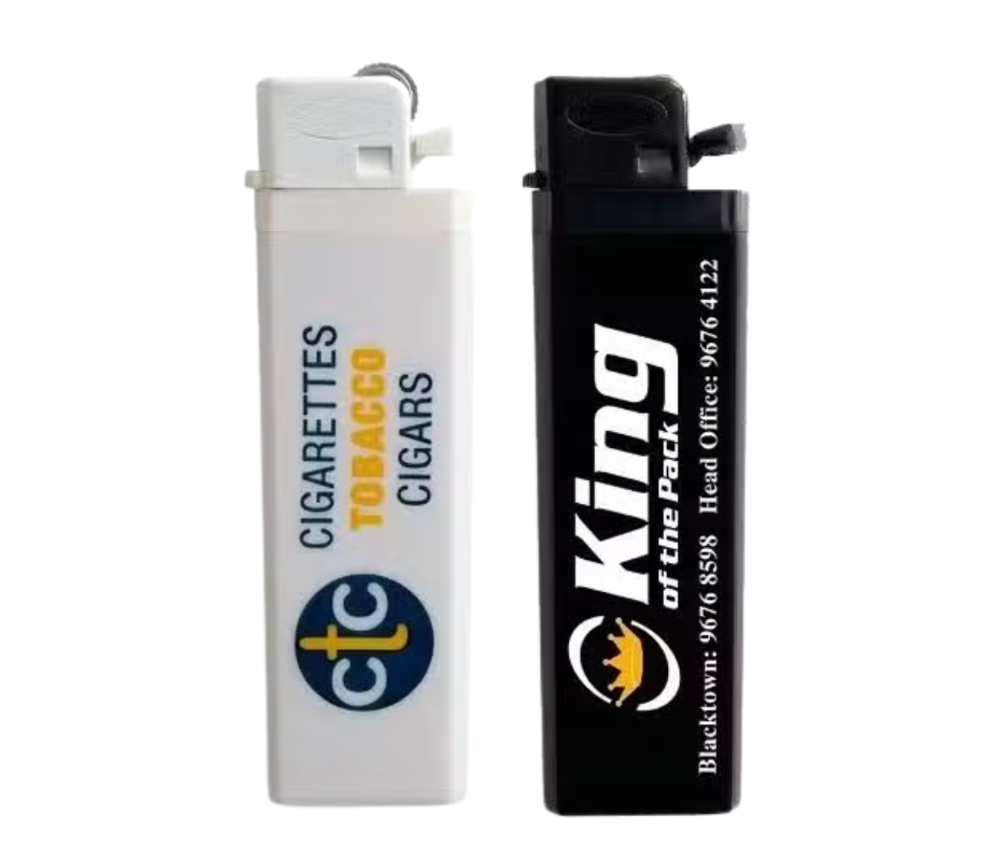 Lighters
Lighters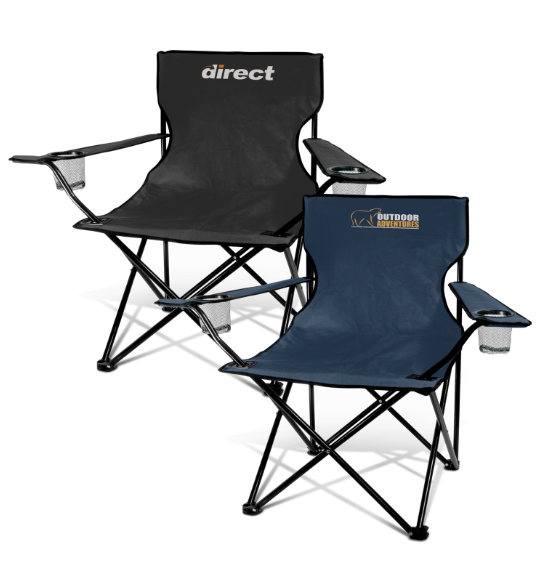 Picnic Gear
Picnic Gear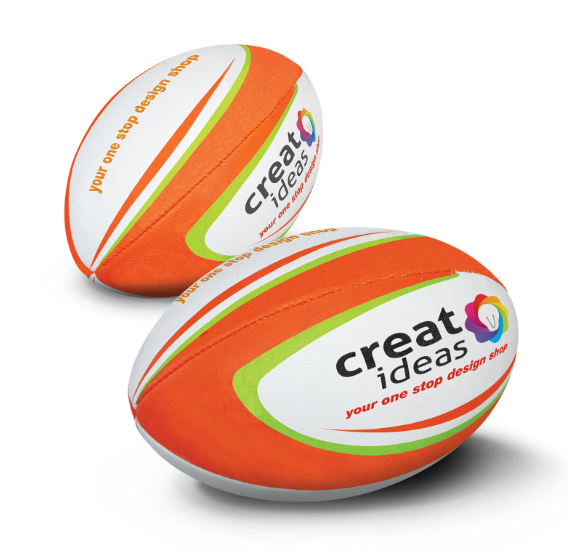 Sports Items
Sports Items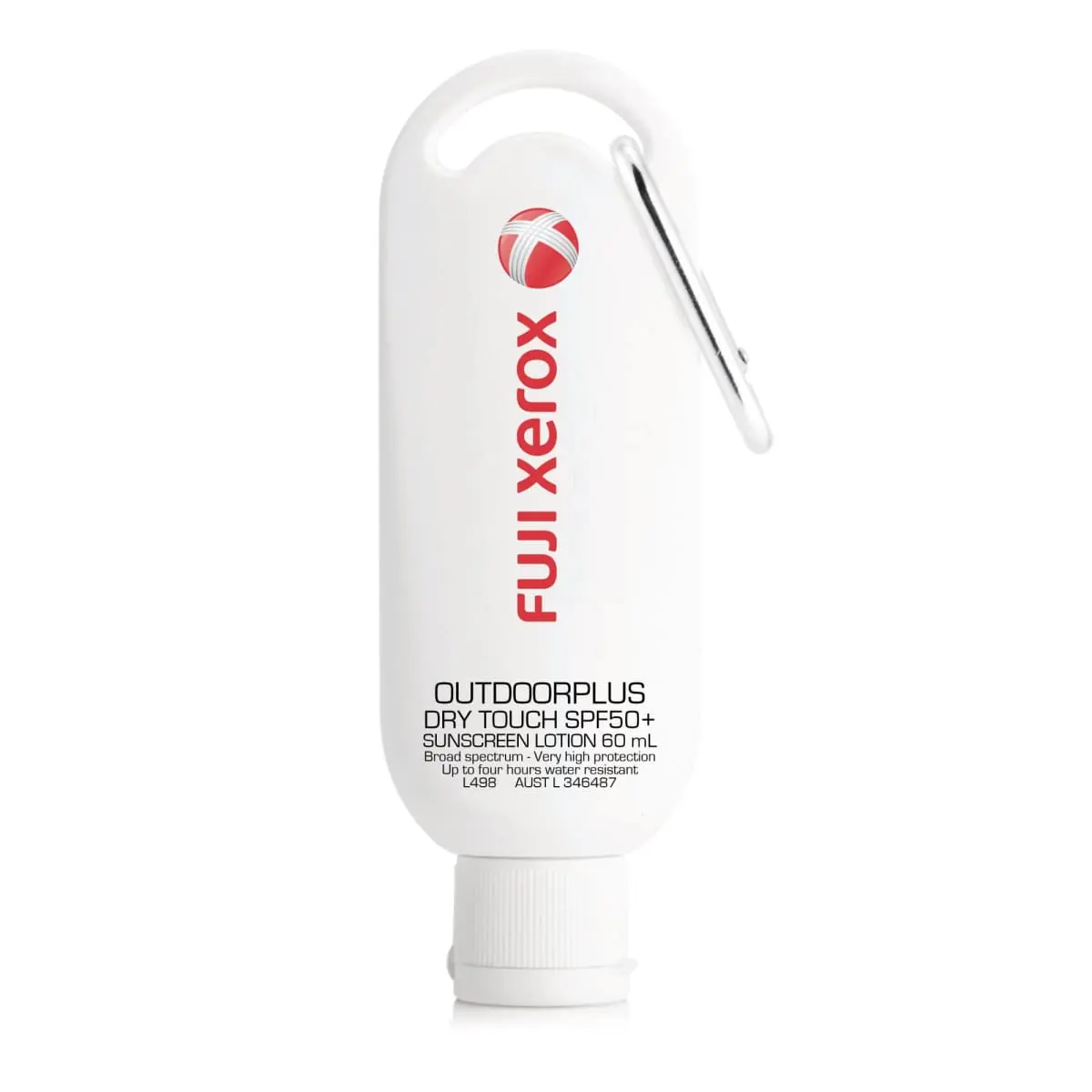 Sunscreens
Sunscreens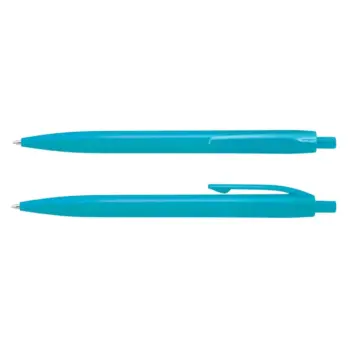
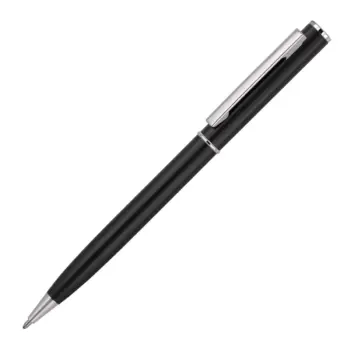
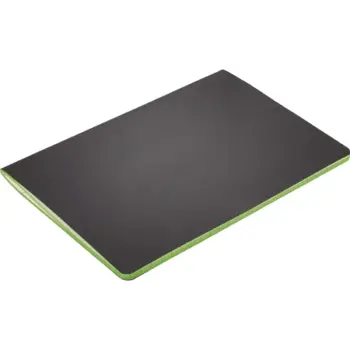
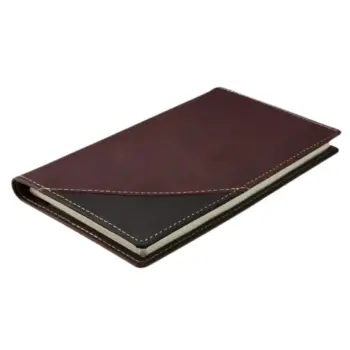
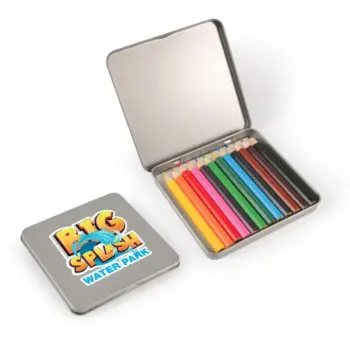
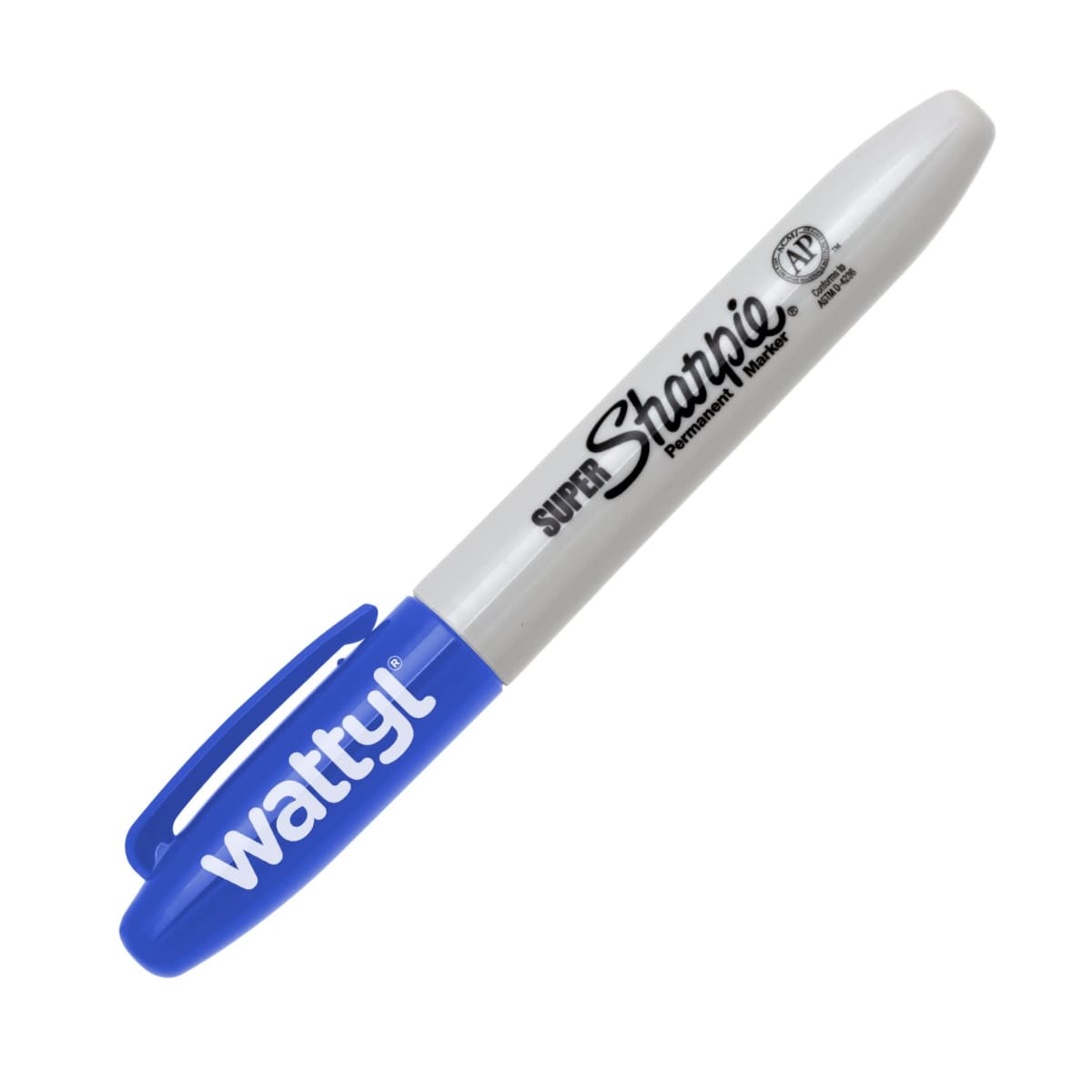 Markers
Markers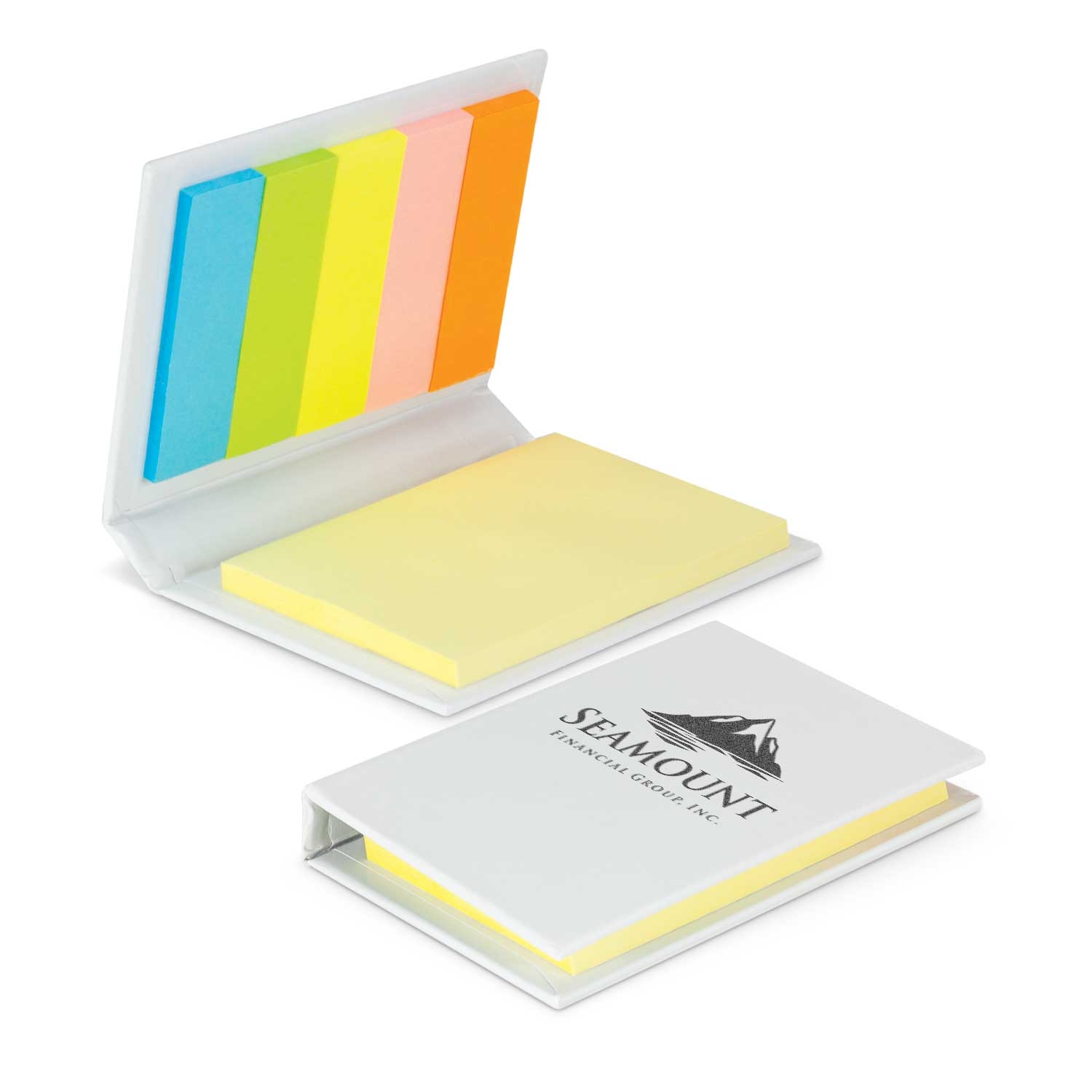 Post-It & Sticky Notes
Post-It & Sticky Notes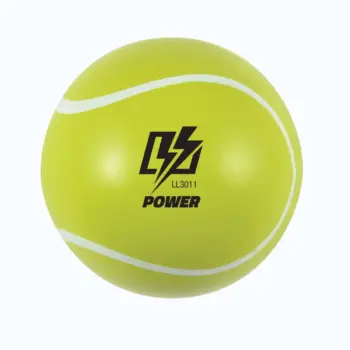
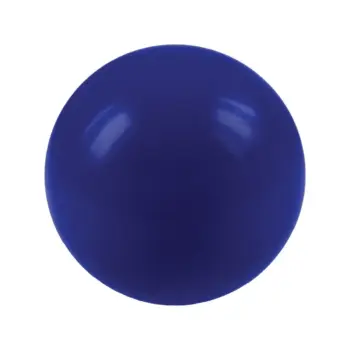

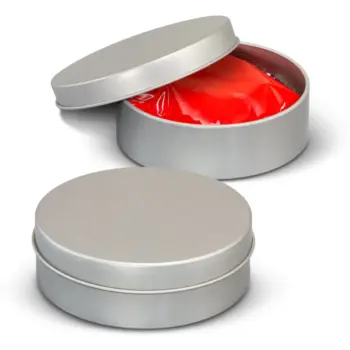
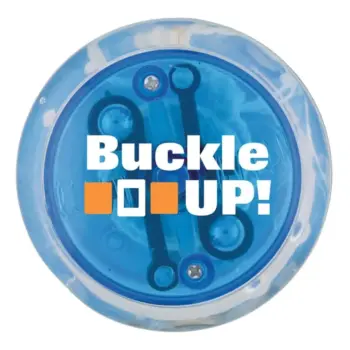
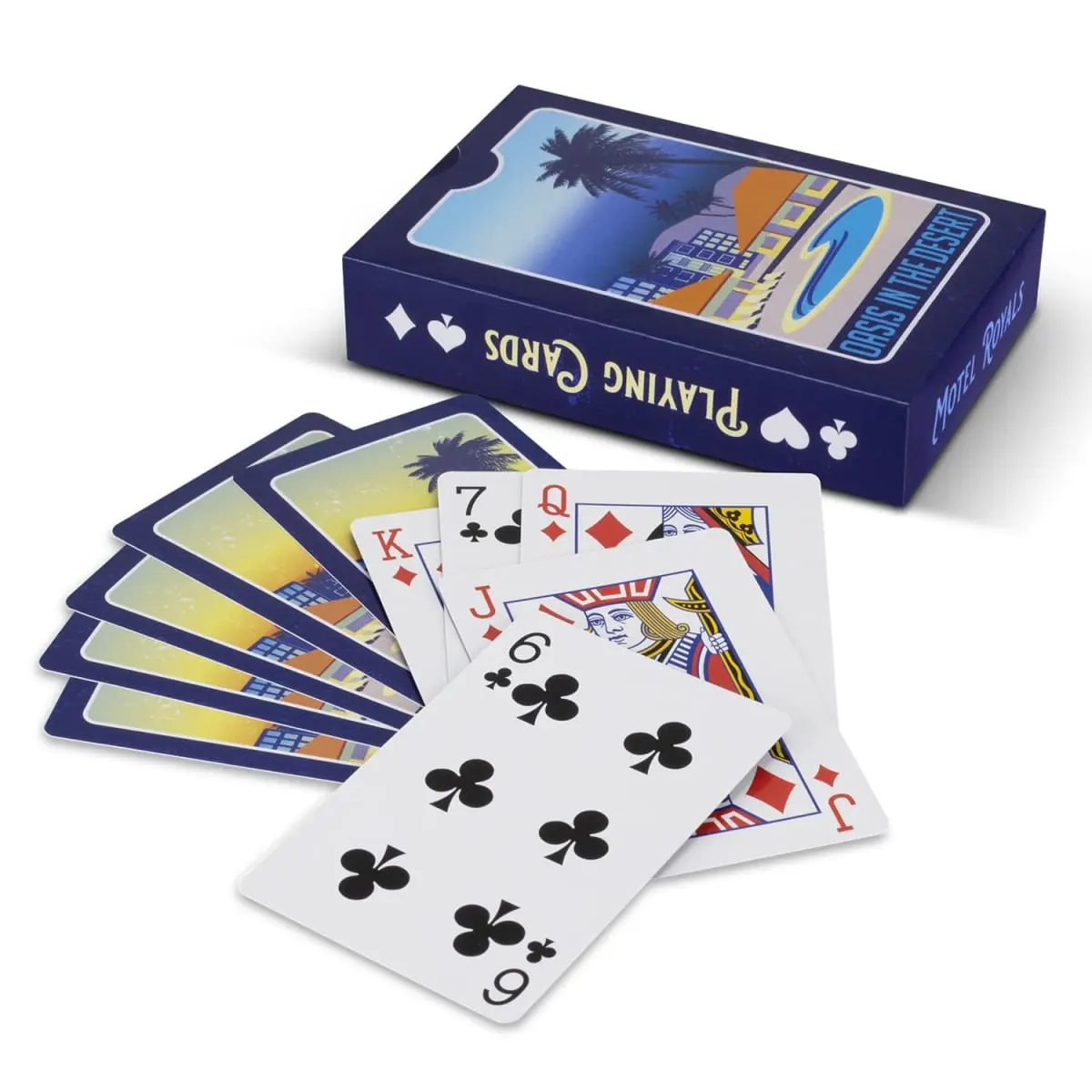 Card Decks
Card Decks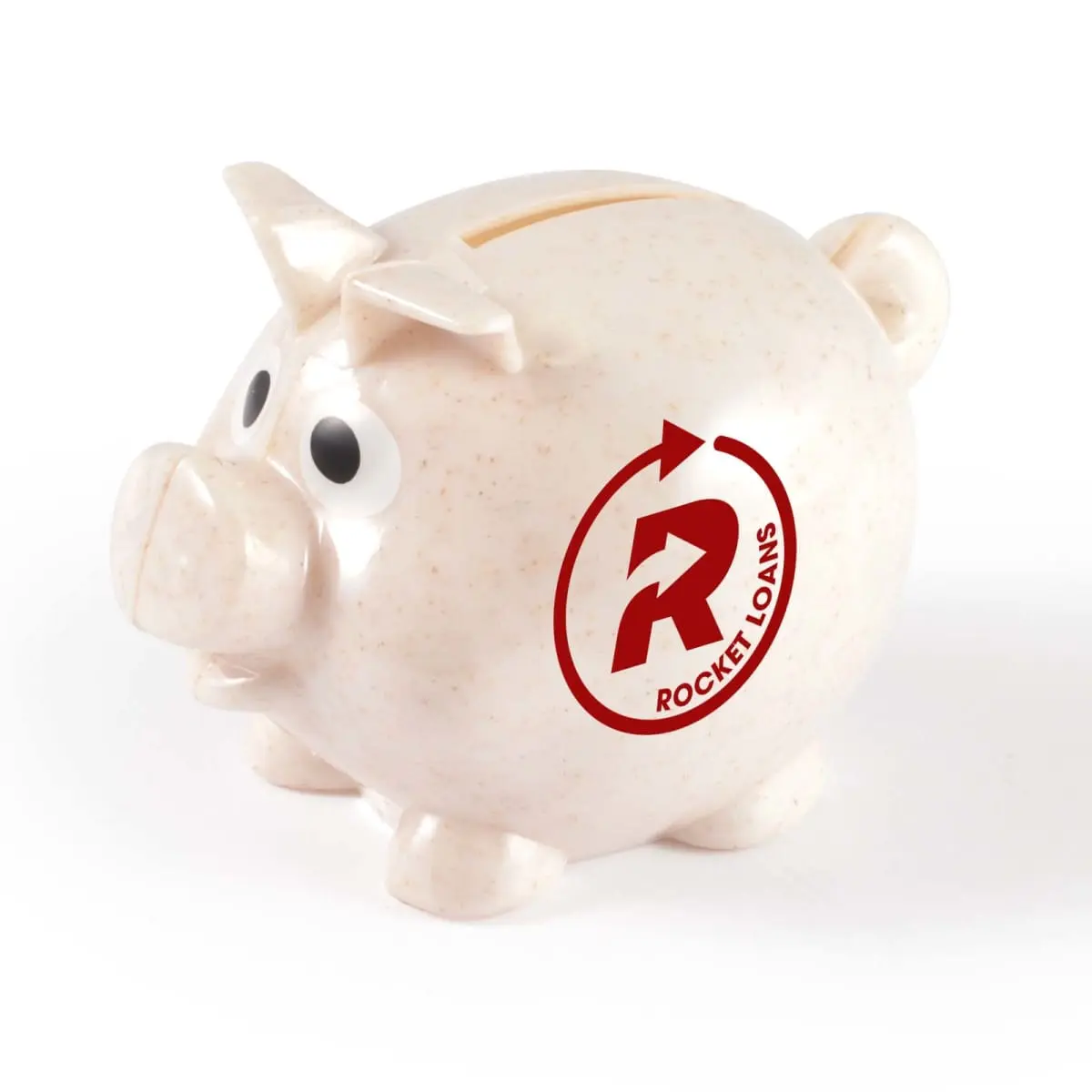 Coin Banks
Coin Banks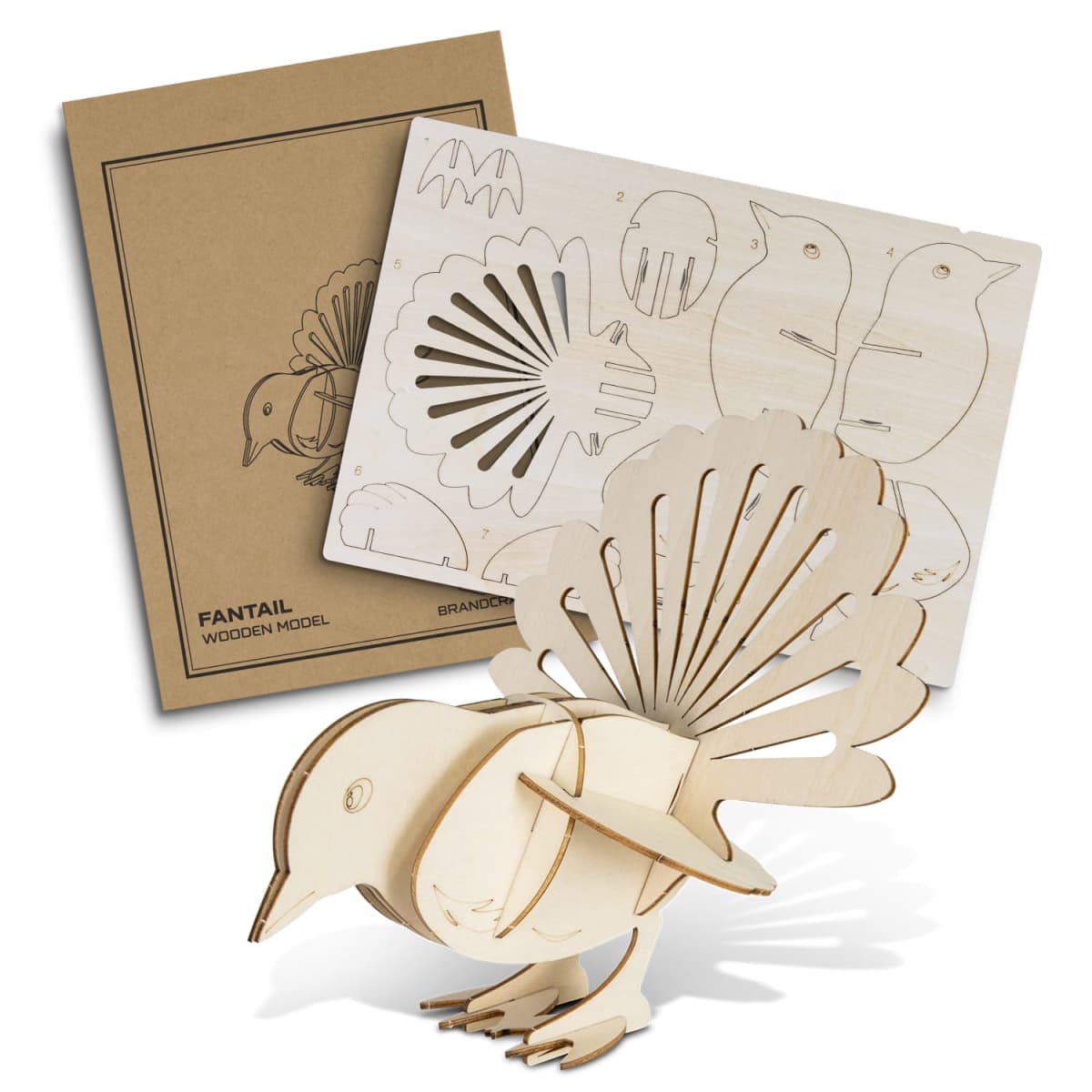 Conference Toys
Conference Toys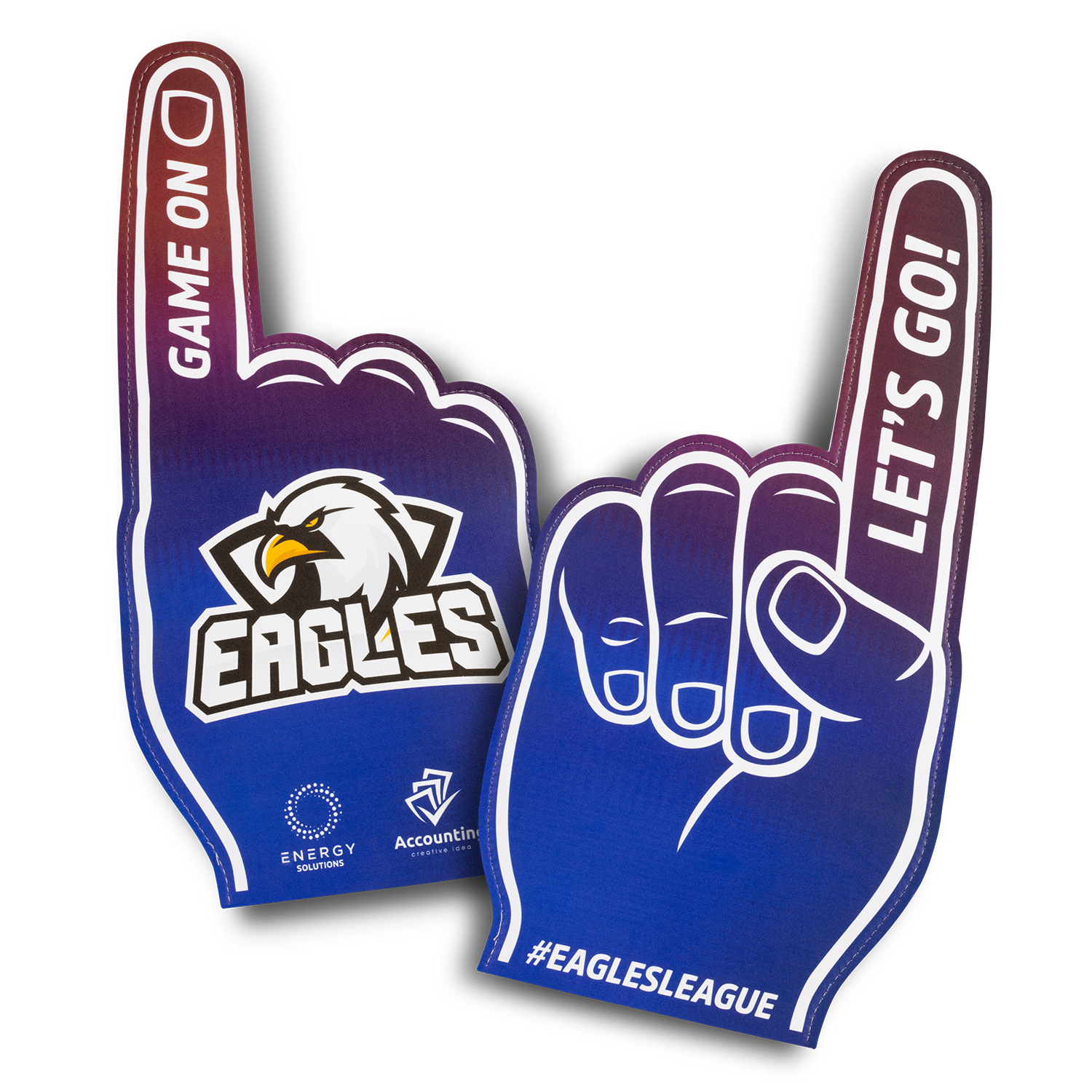 Event Toys
Event Toys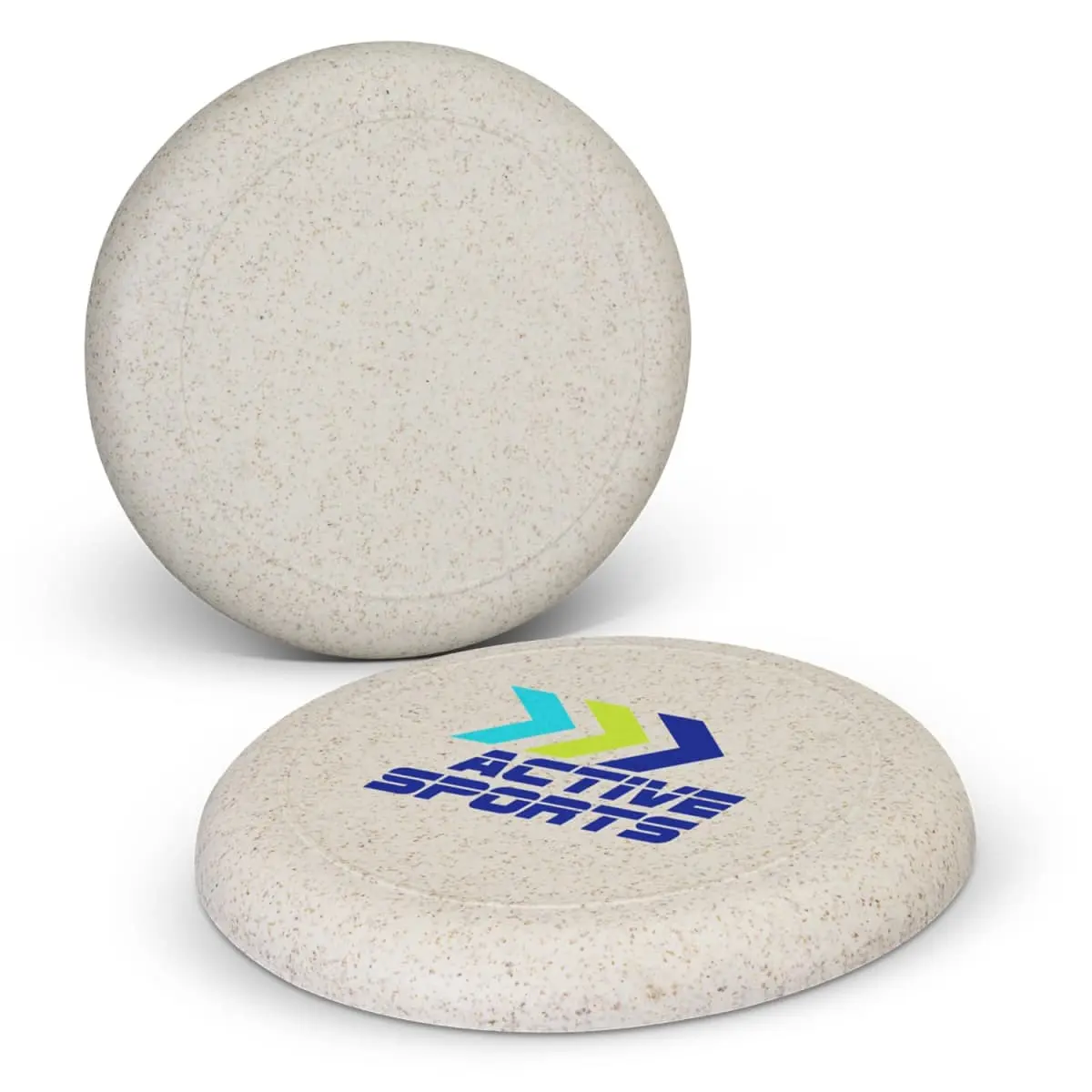 Frisbees
Frisbees Games & Puzzles
Games & Puzzles Kids
Kids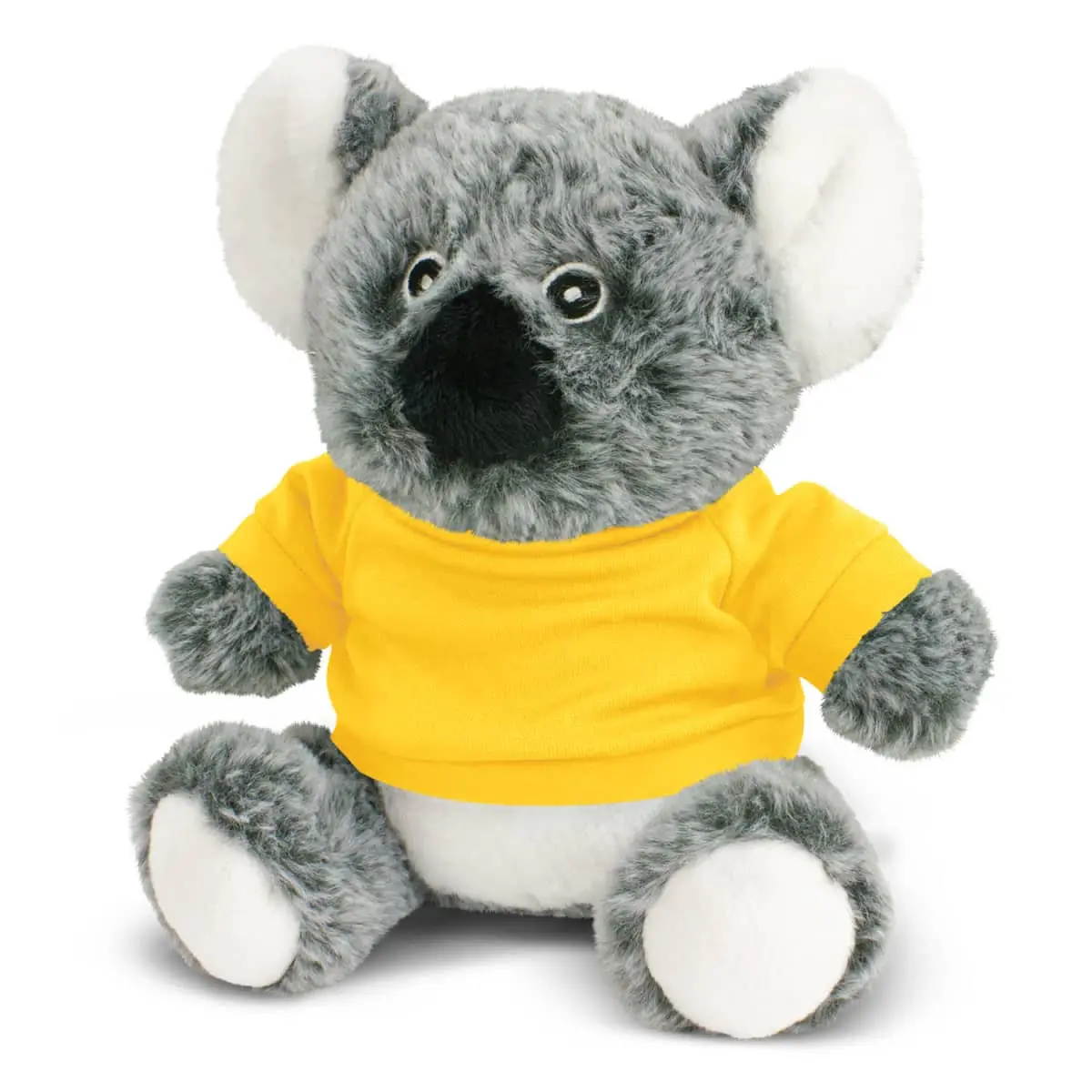 Plush Toys
Plush Toys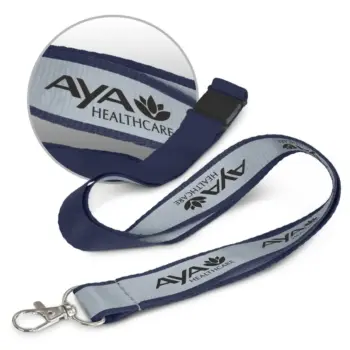
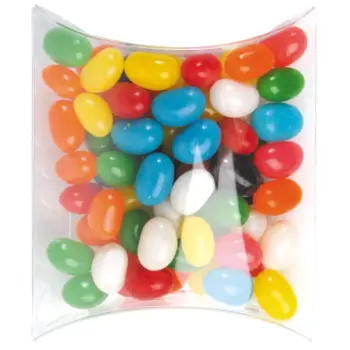
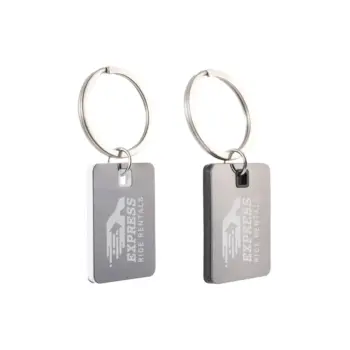


 Print | Signage
Print | Signage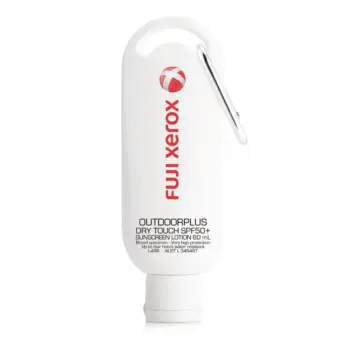
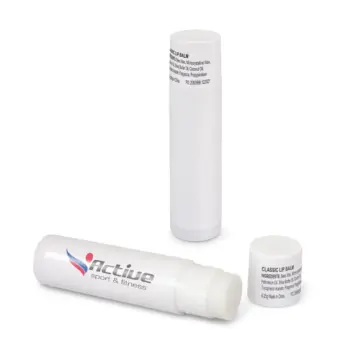
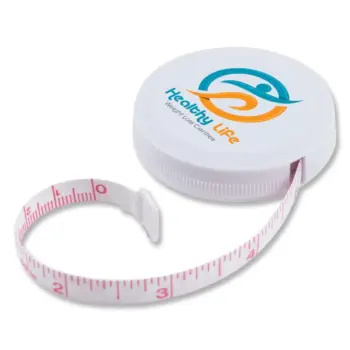
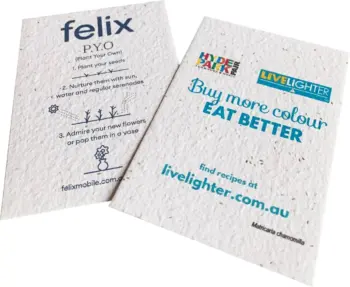
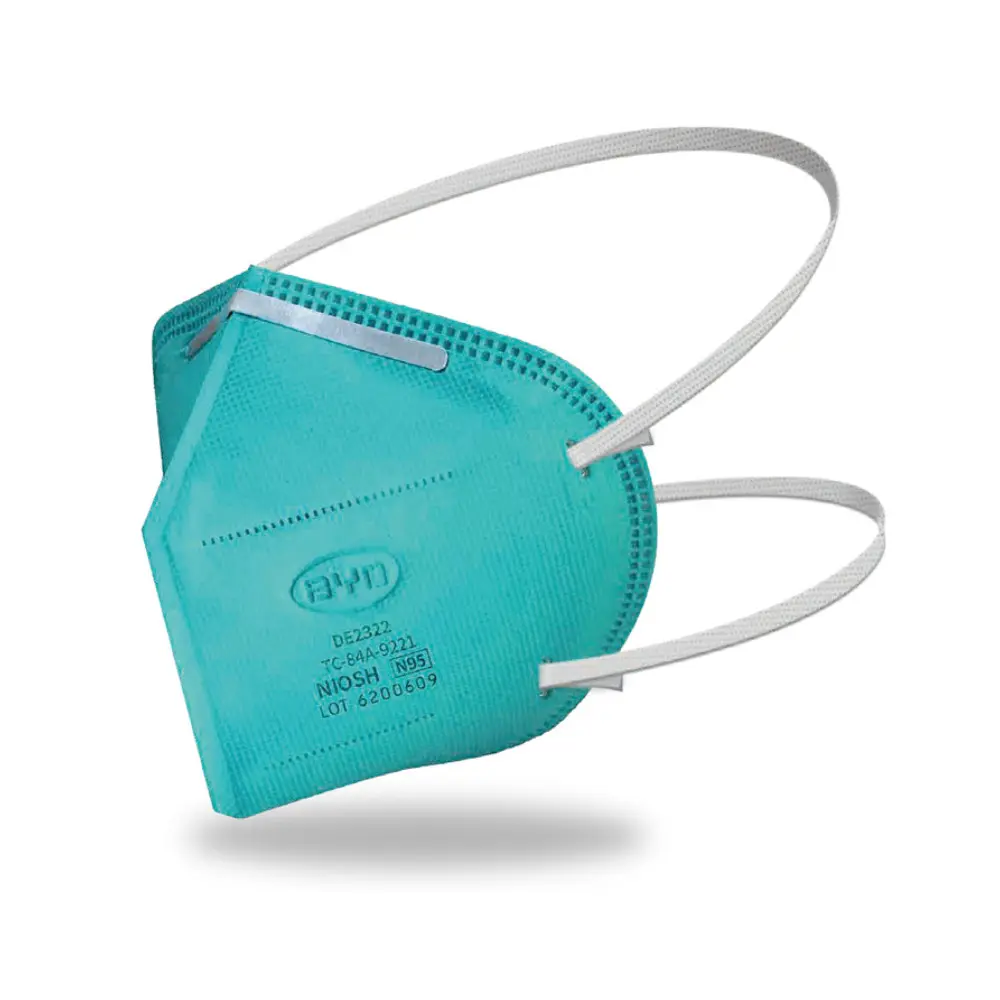 Antibacterial
Antibacterial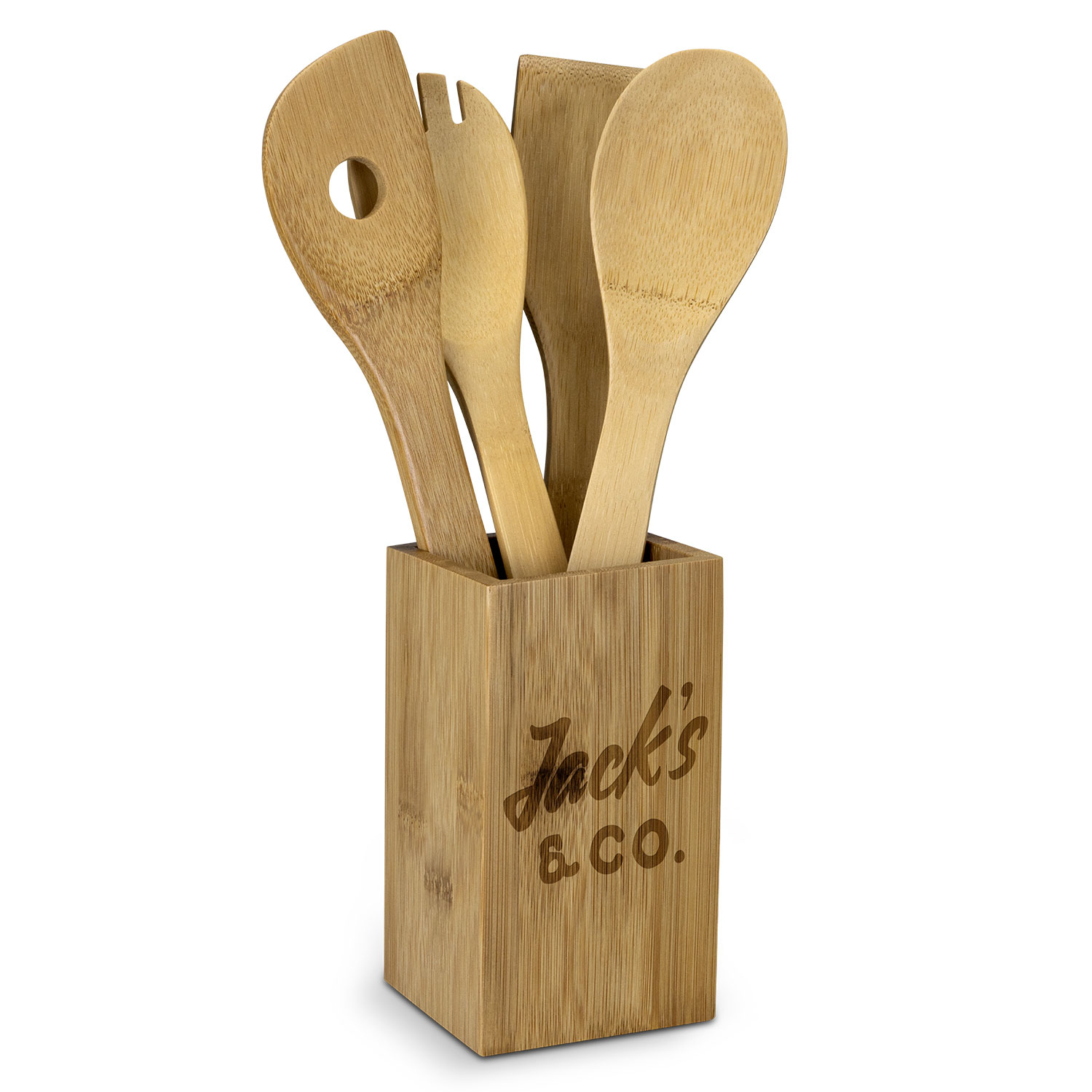 Eco Products
Eco Products Gift Box Sets
Gift Box Sets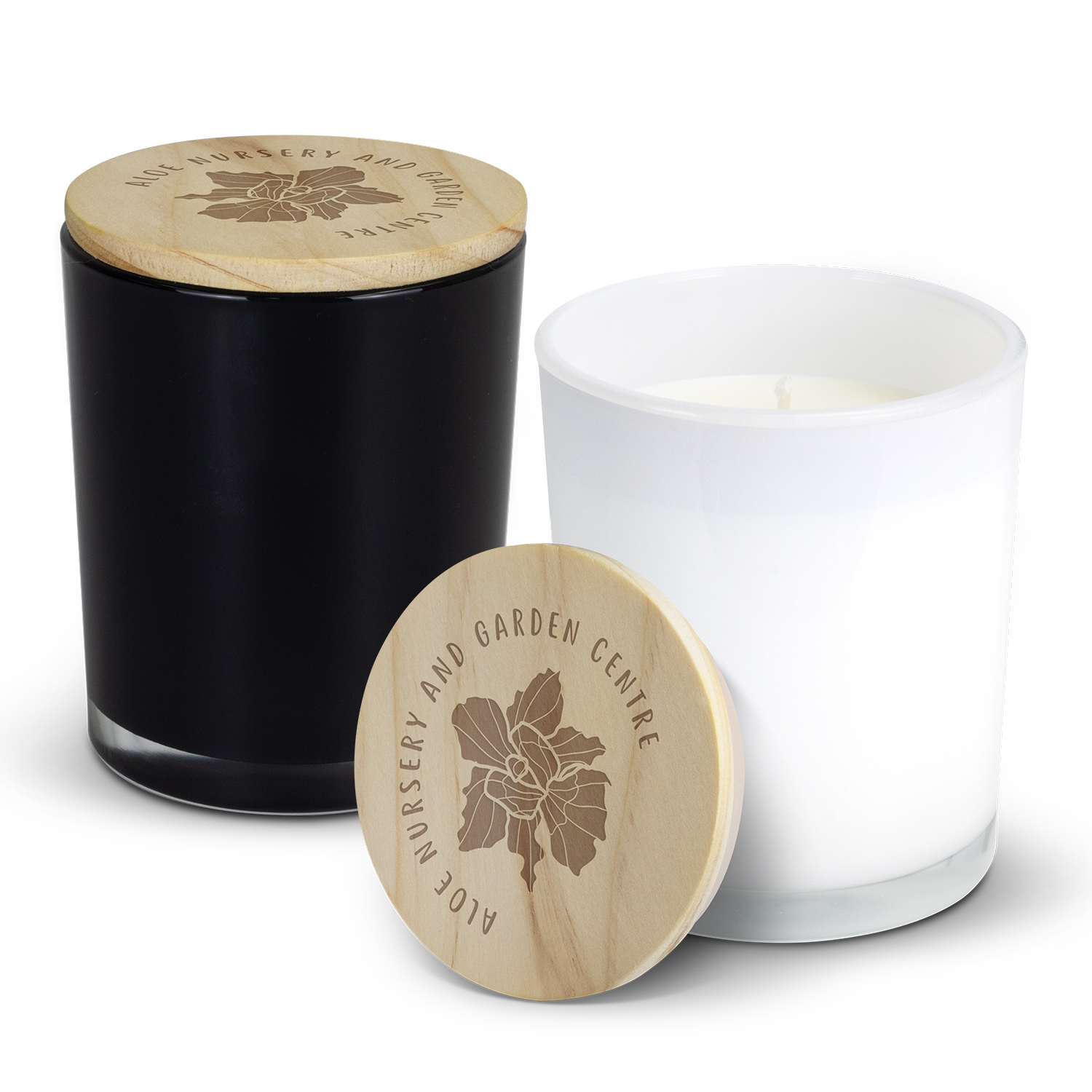 Homeware
Homeware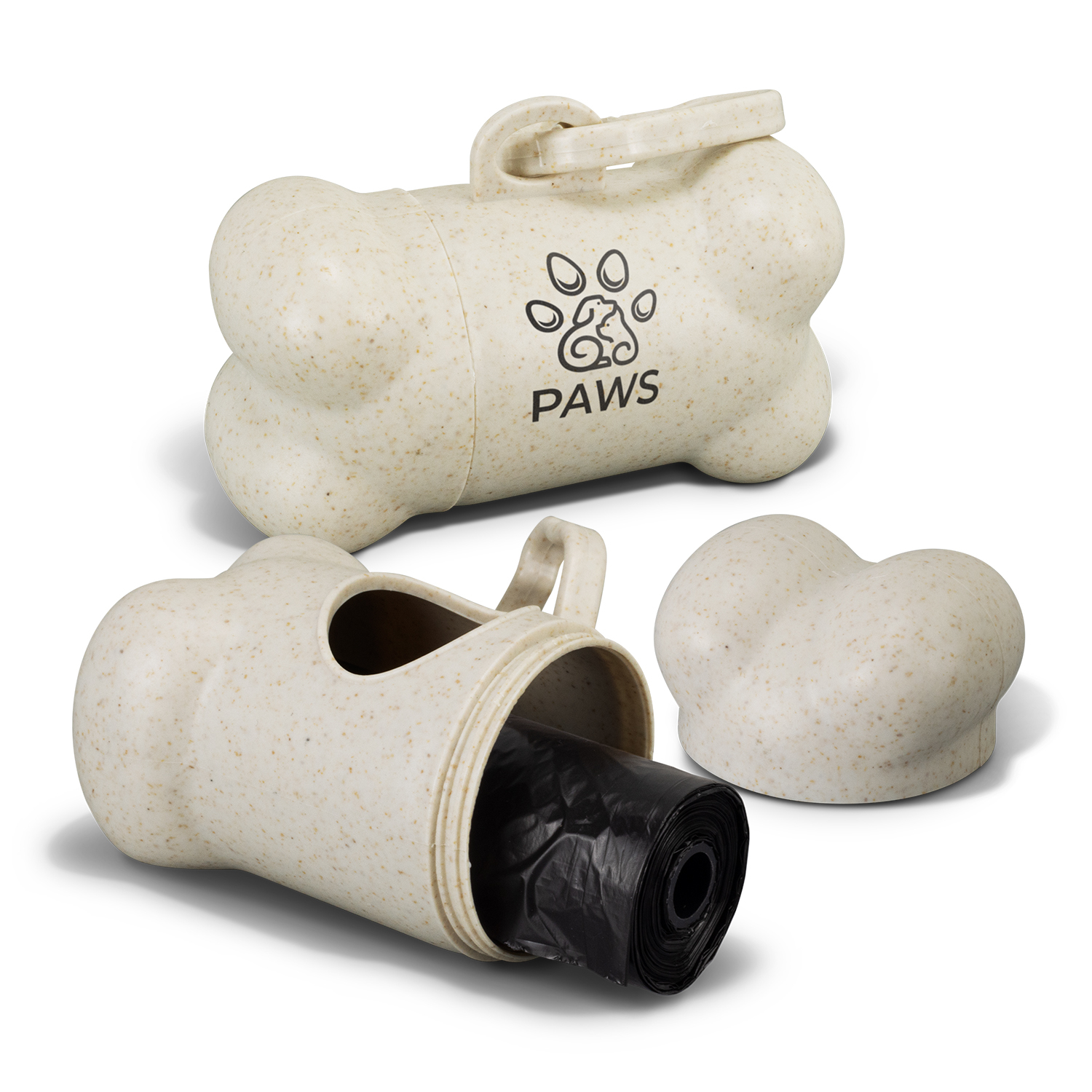 Pet Products
Pet Products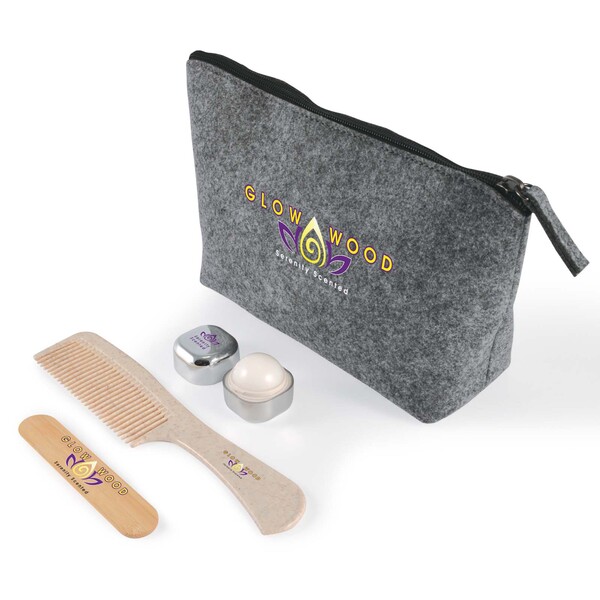 Personal Care
Personal Care Occasion Ideas
Occasion Ideas